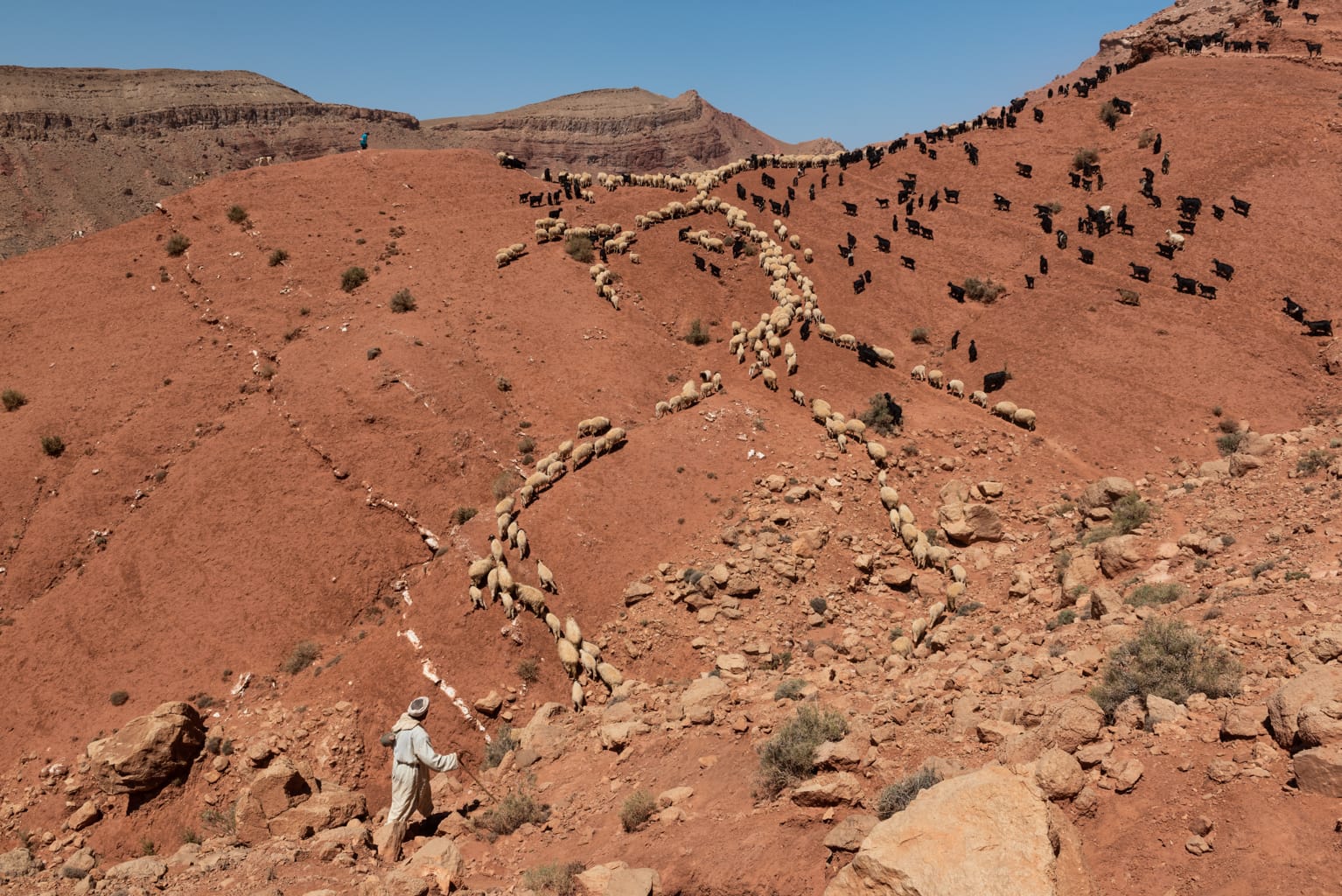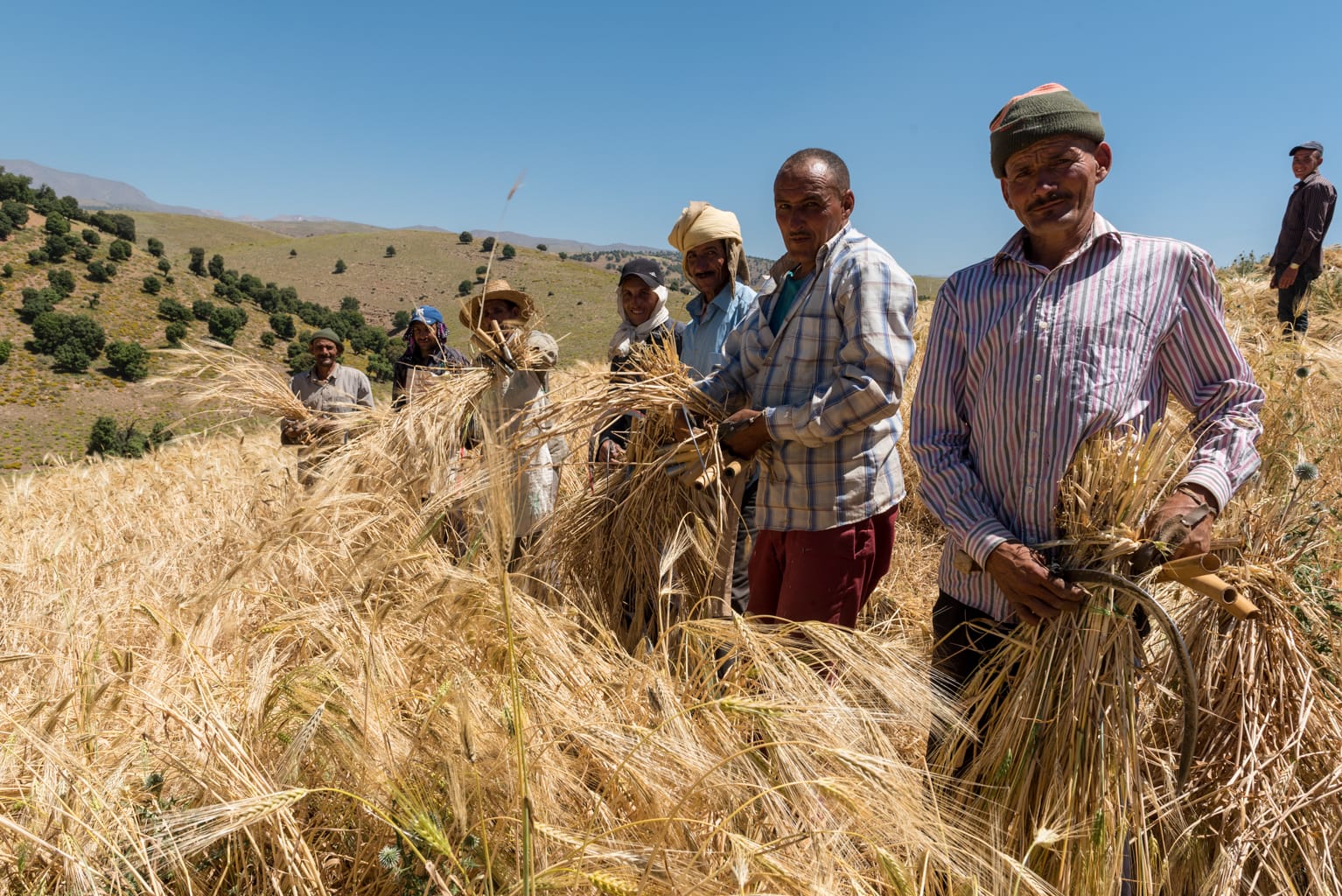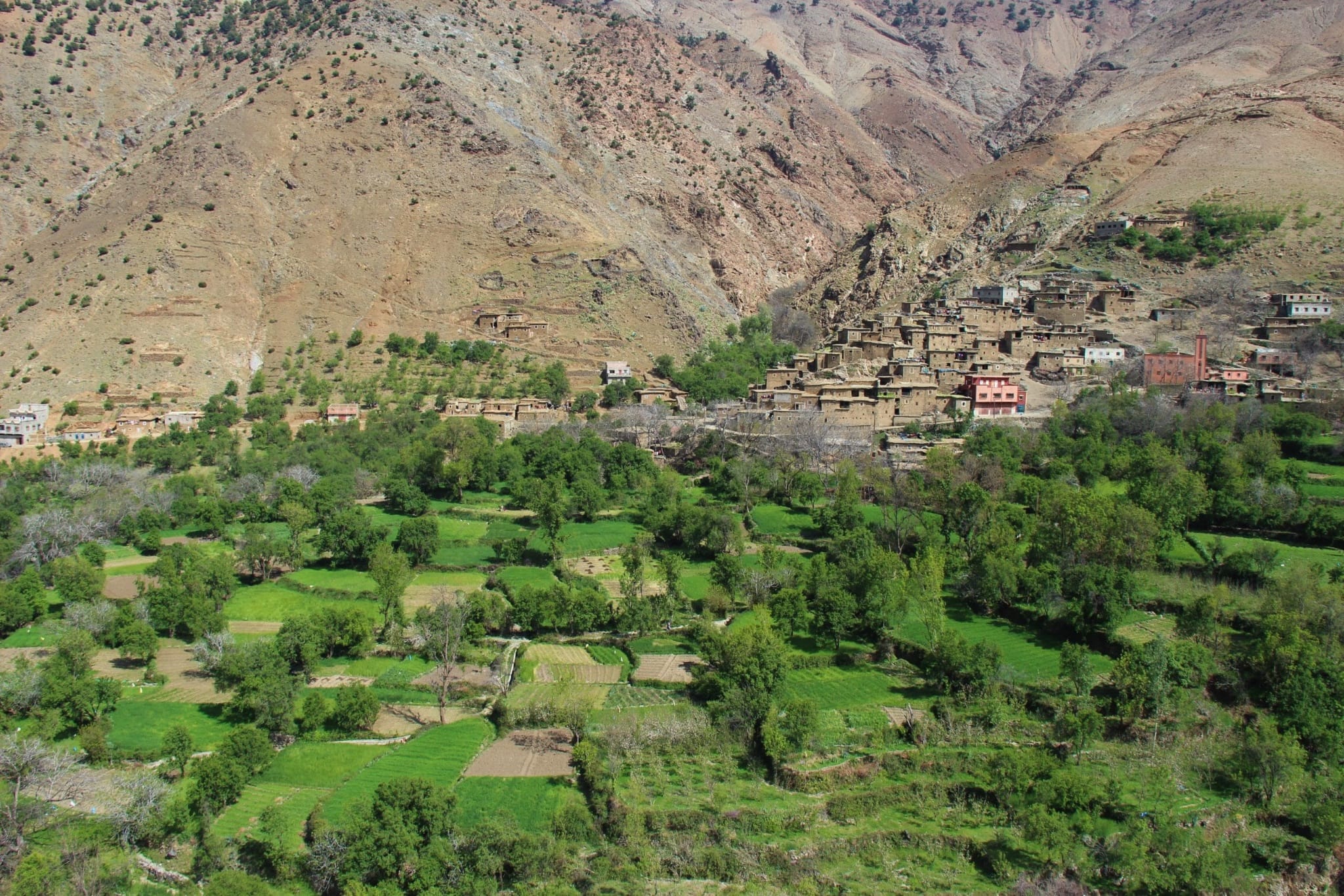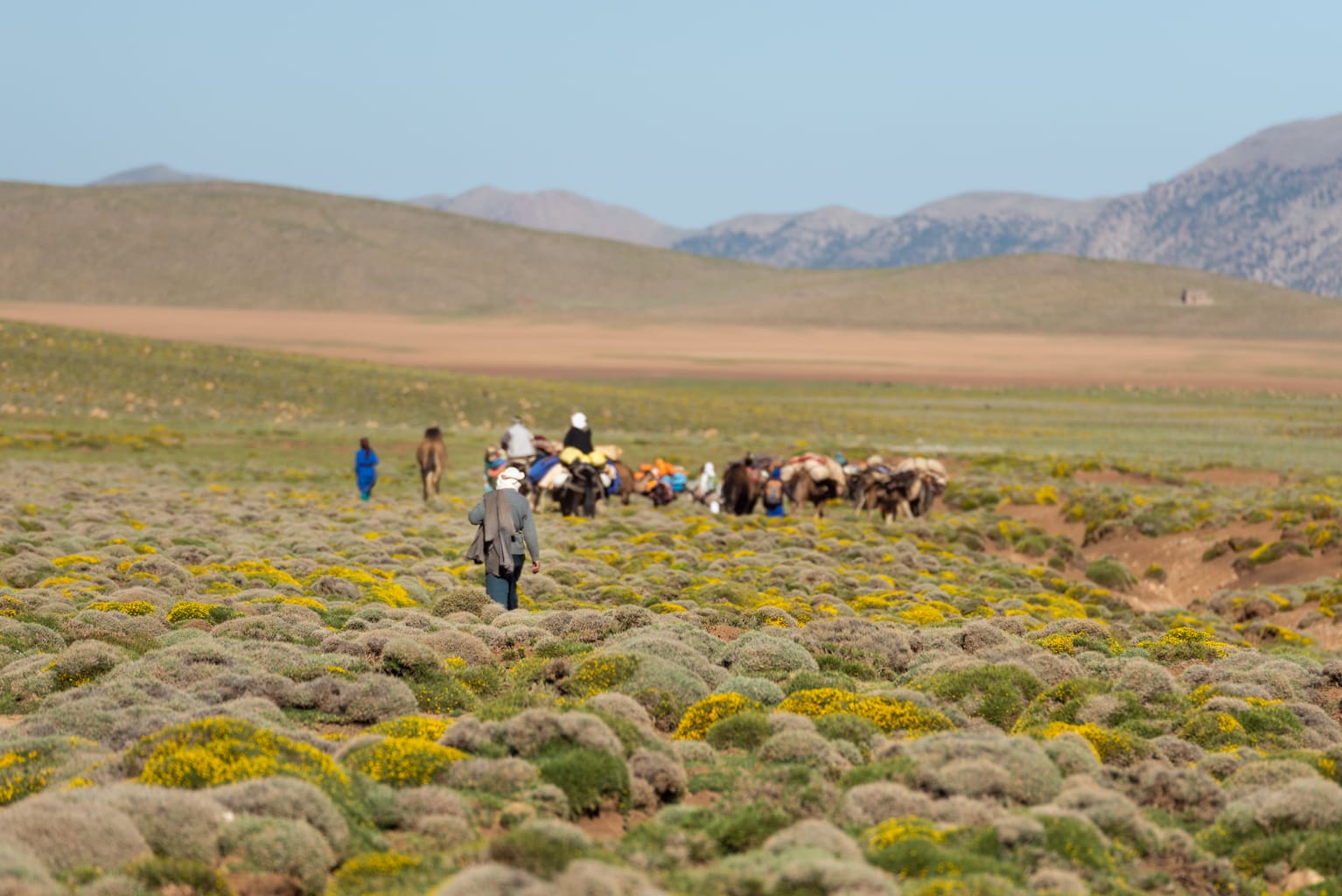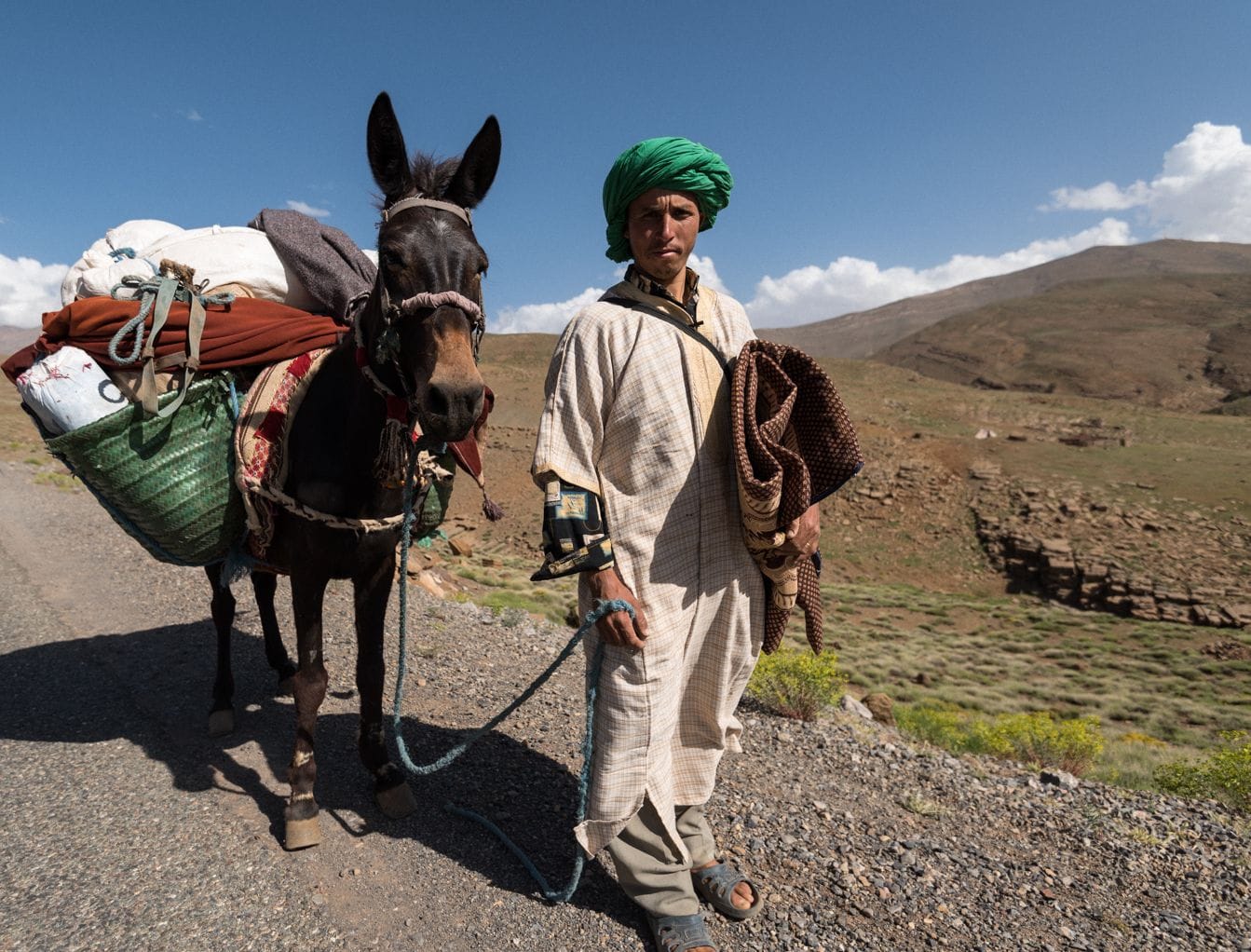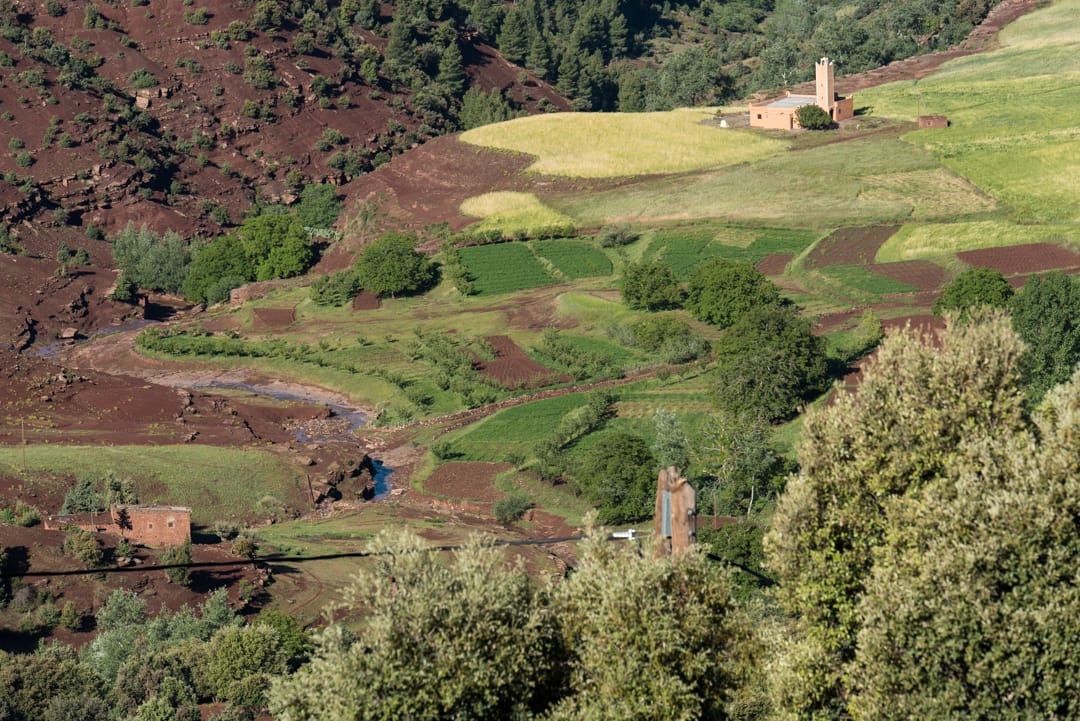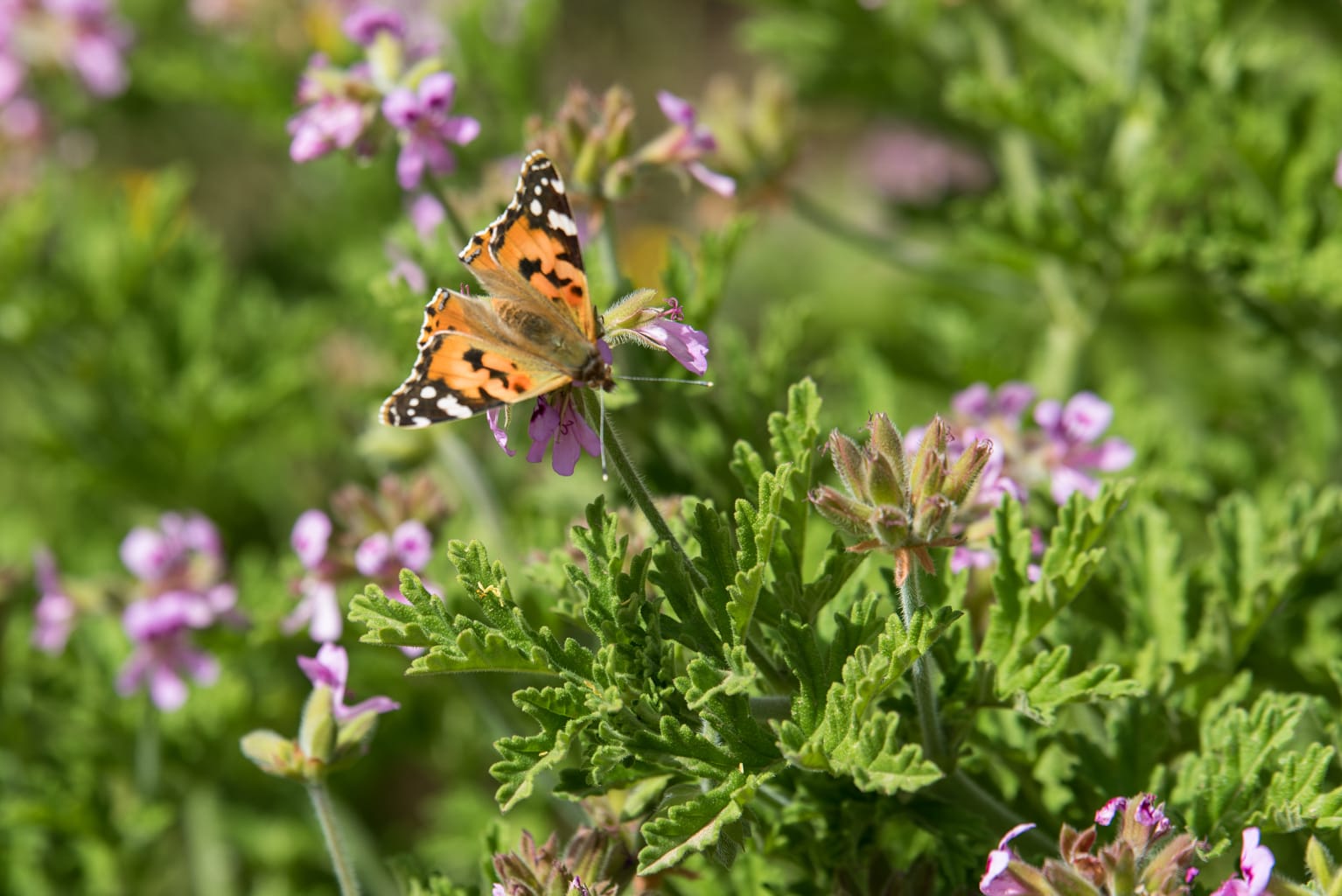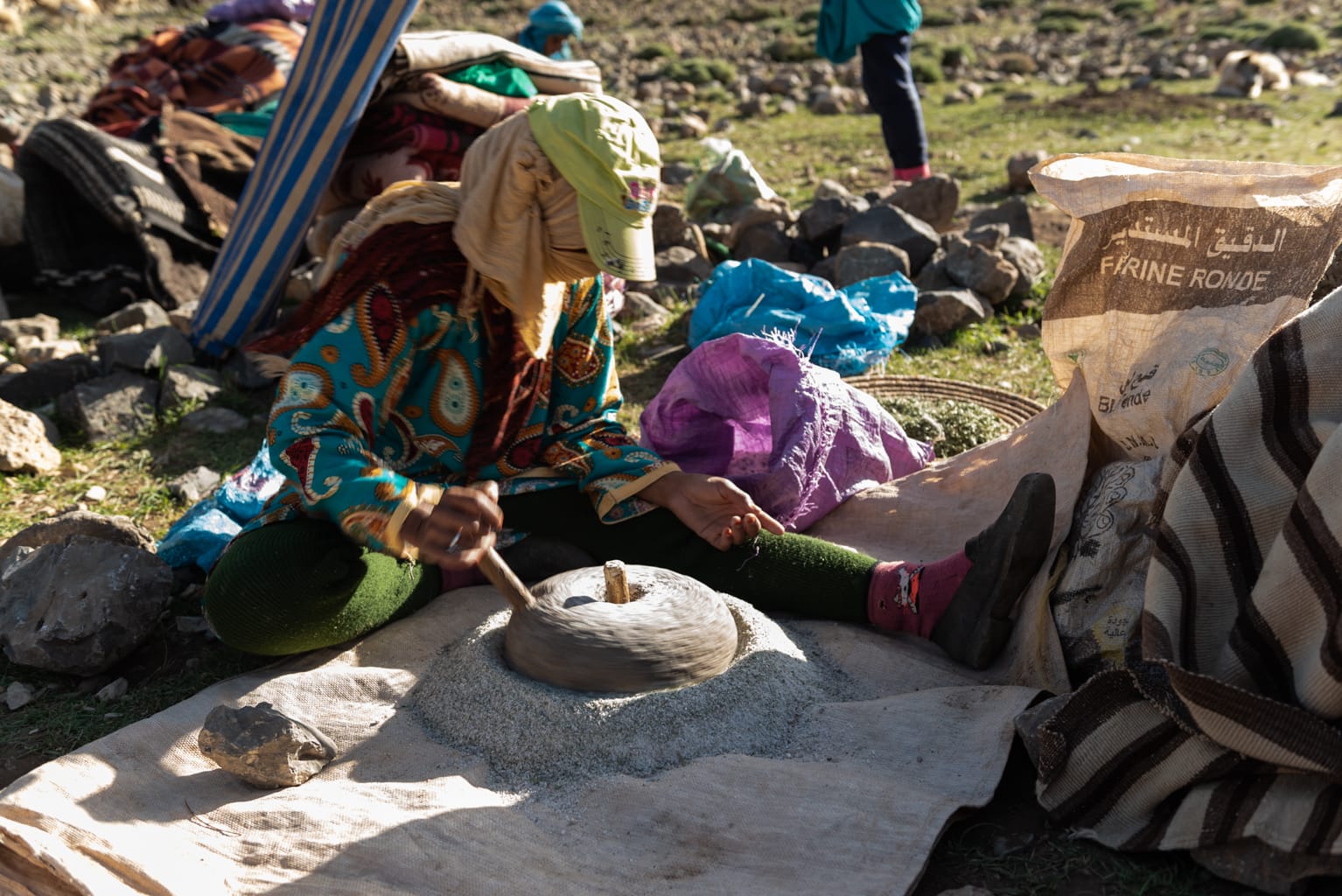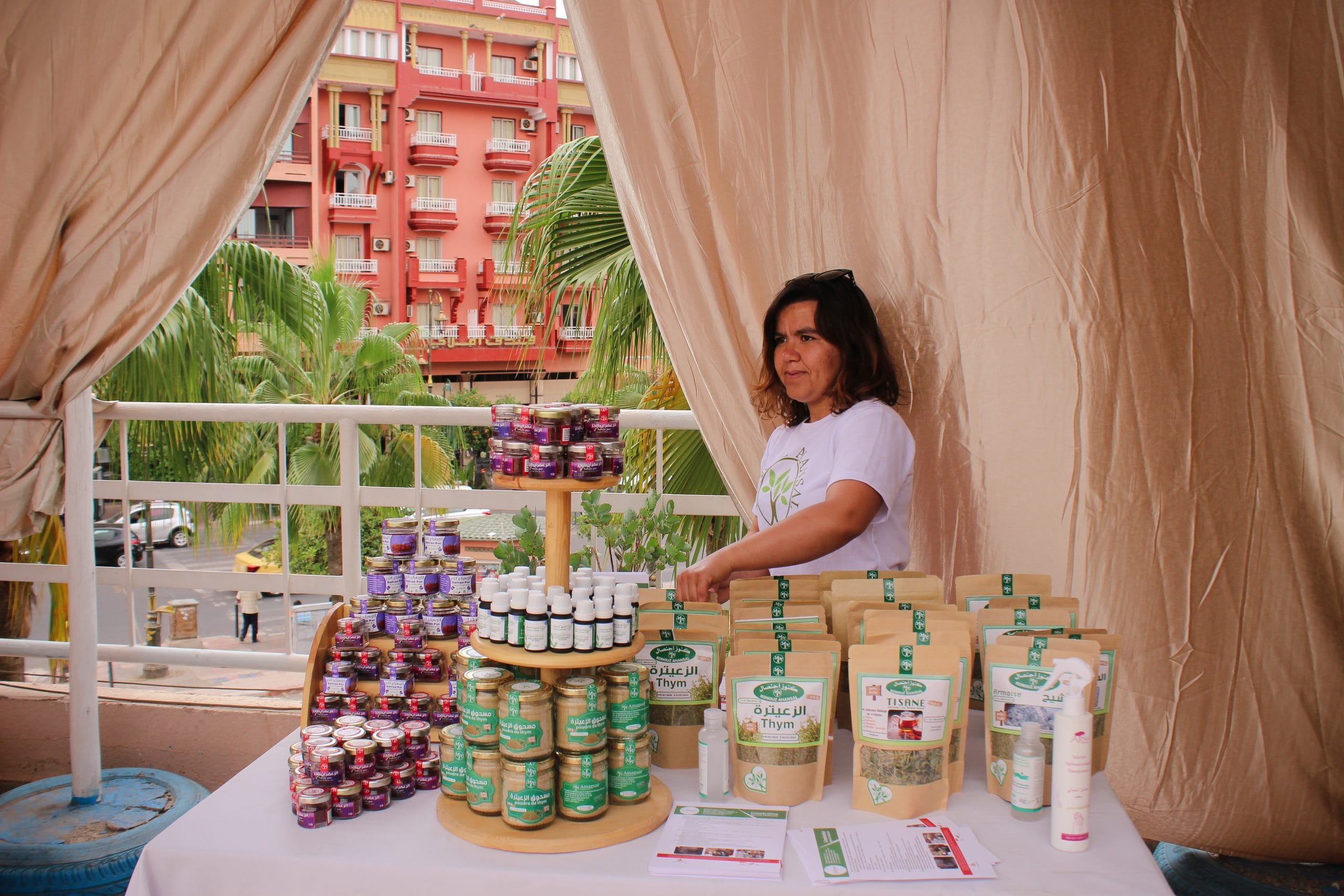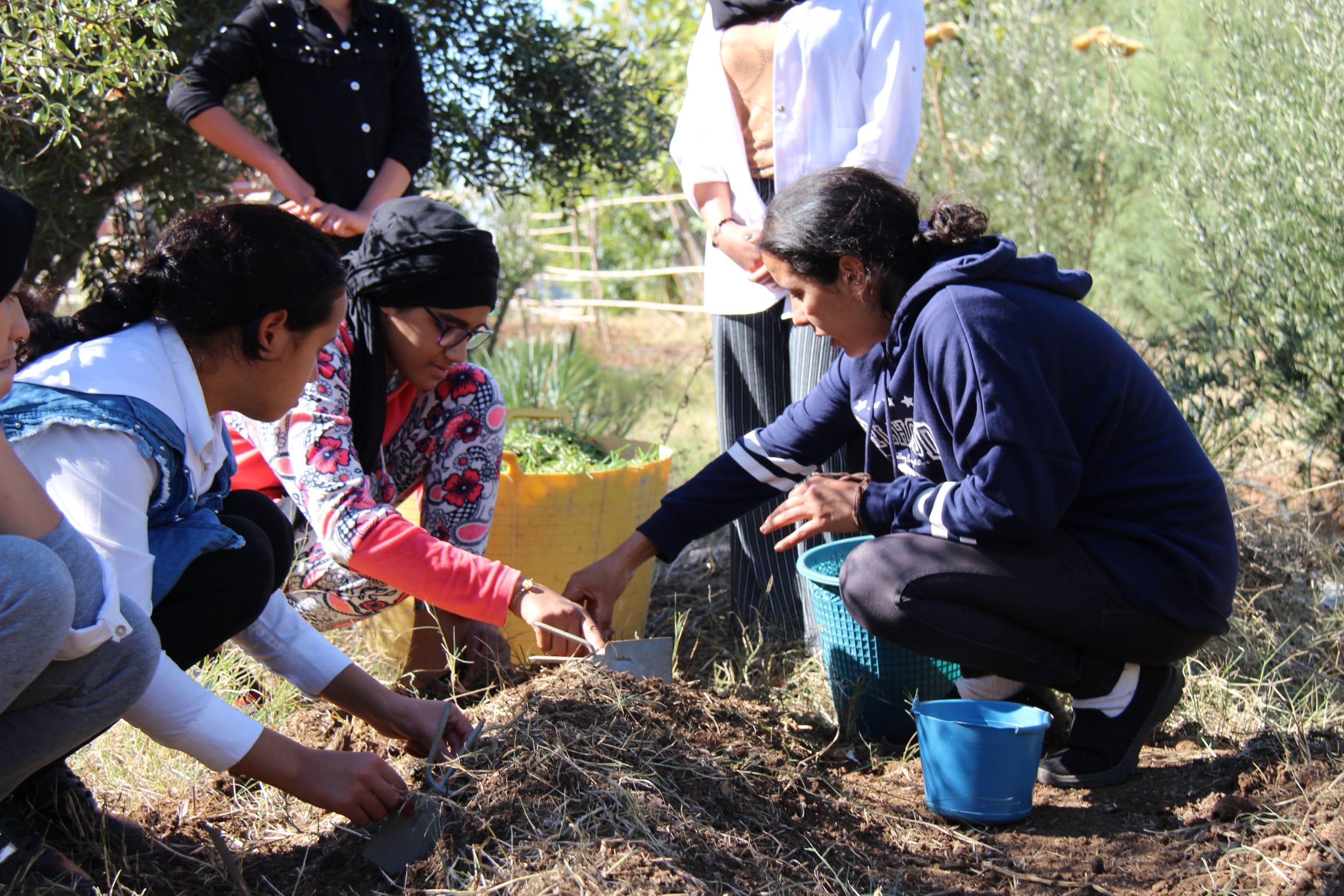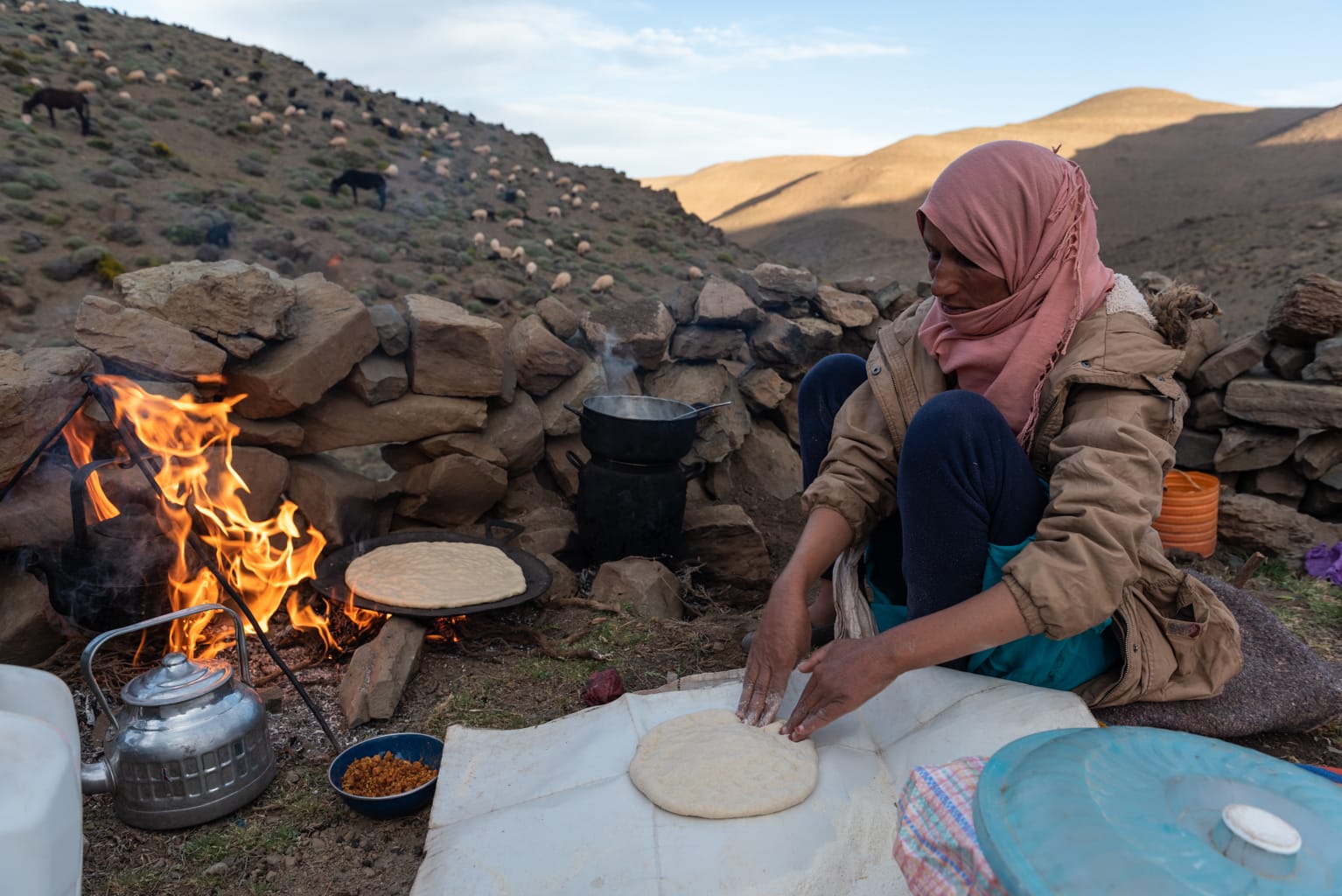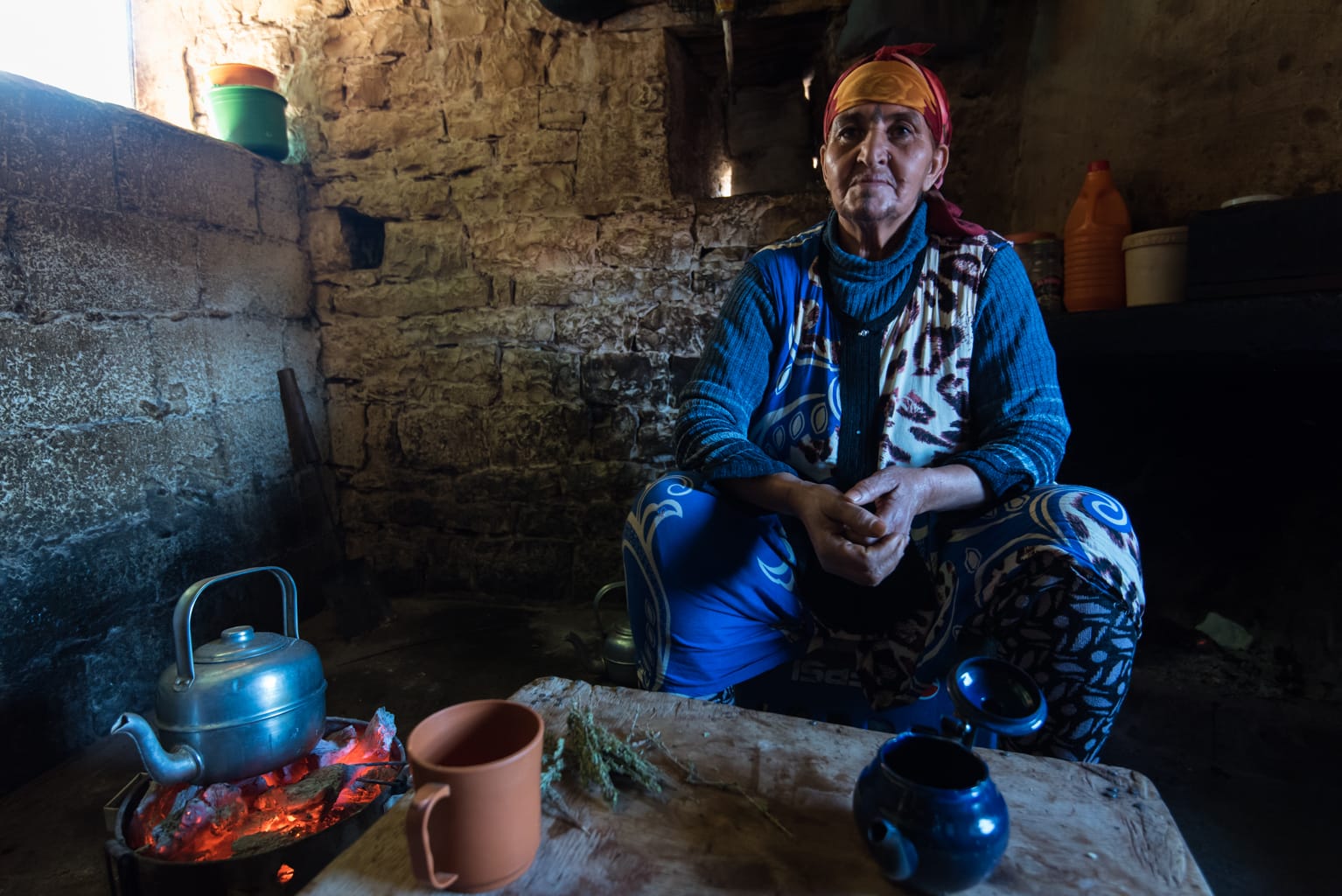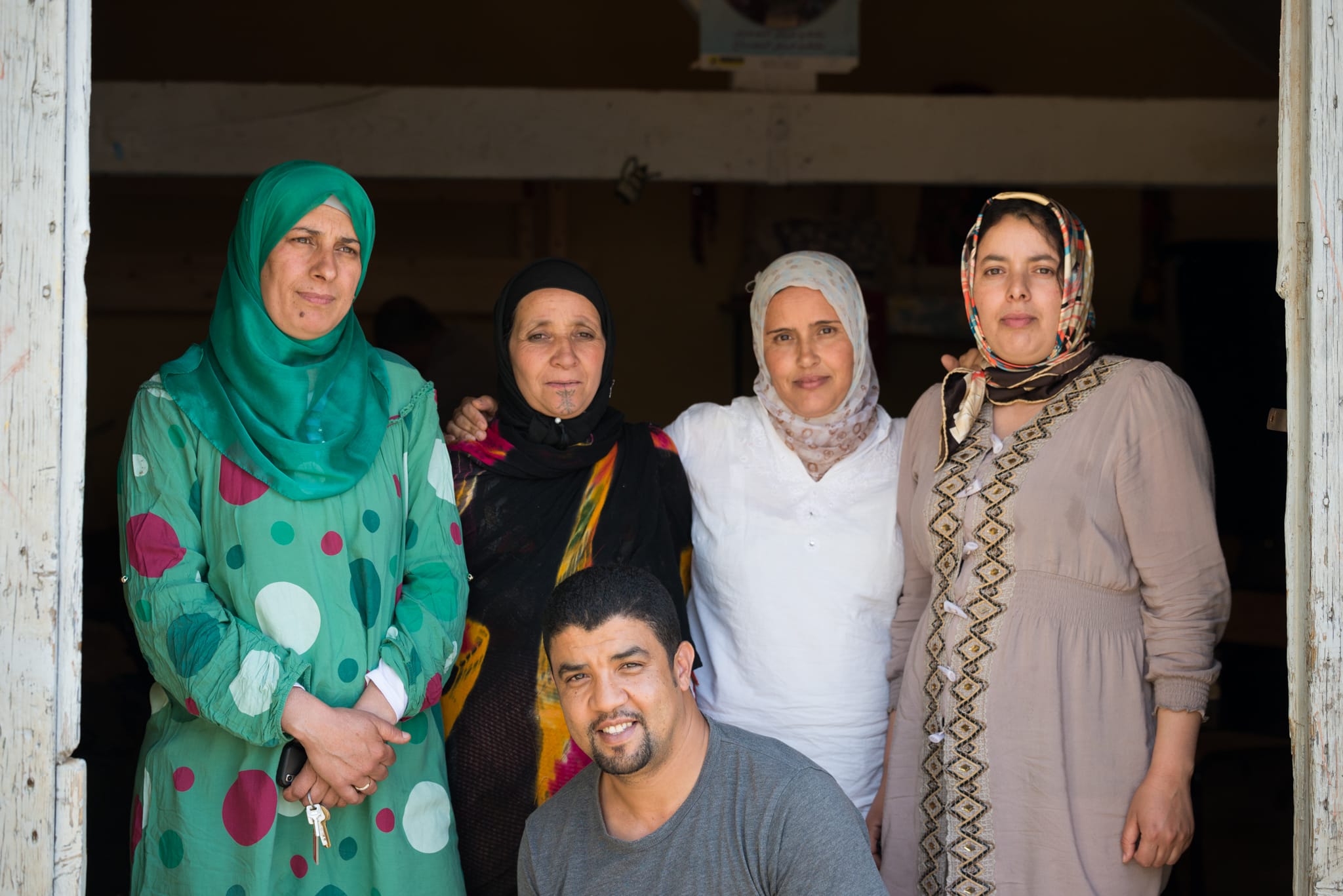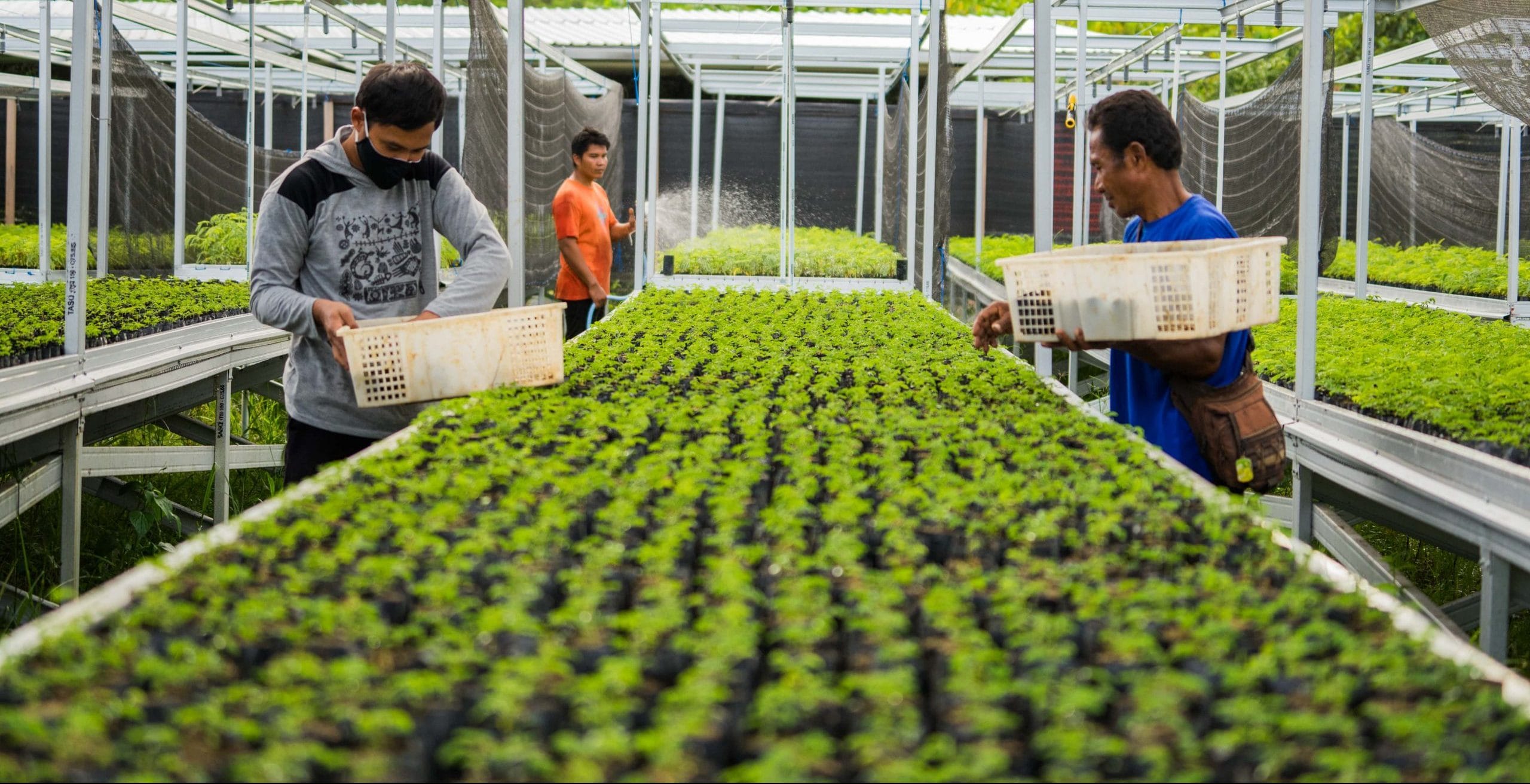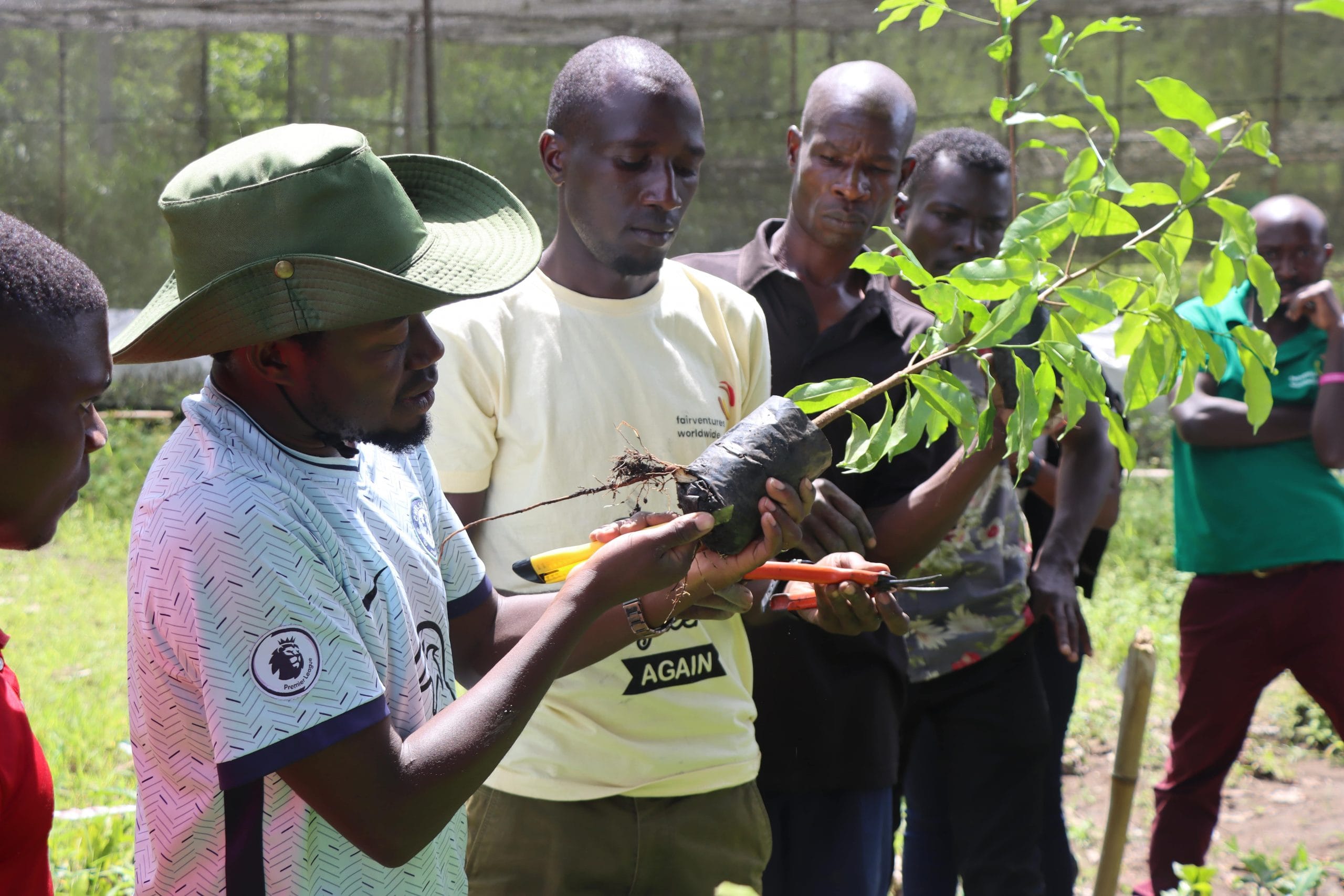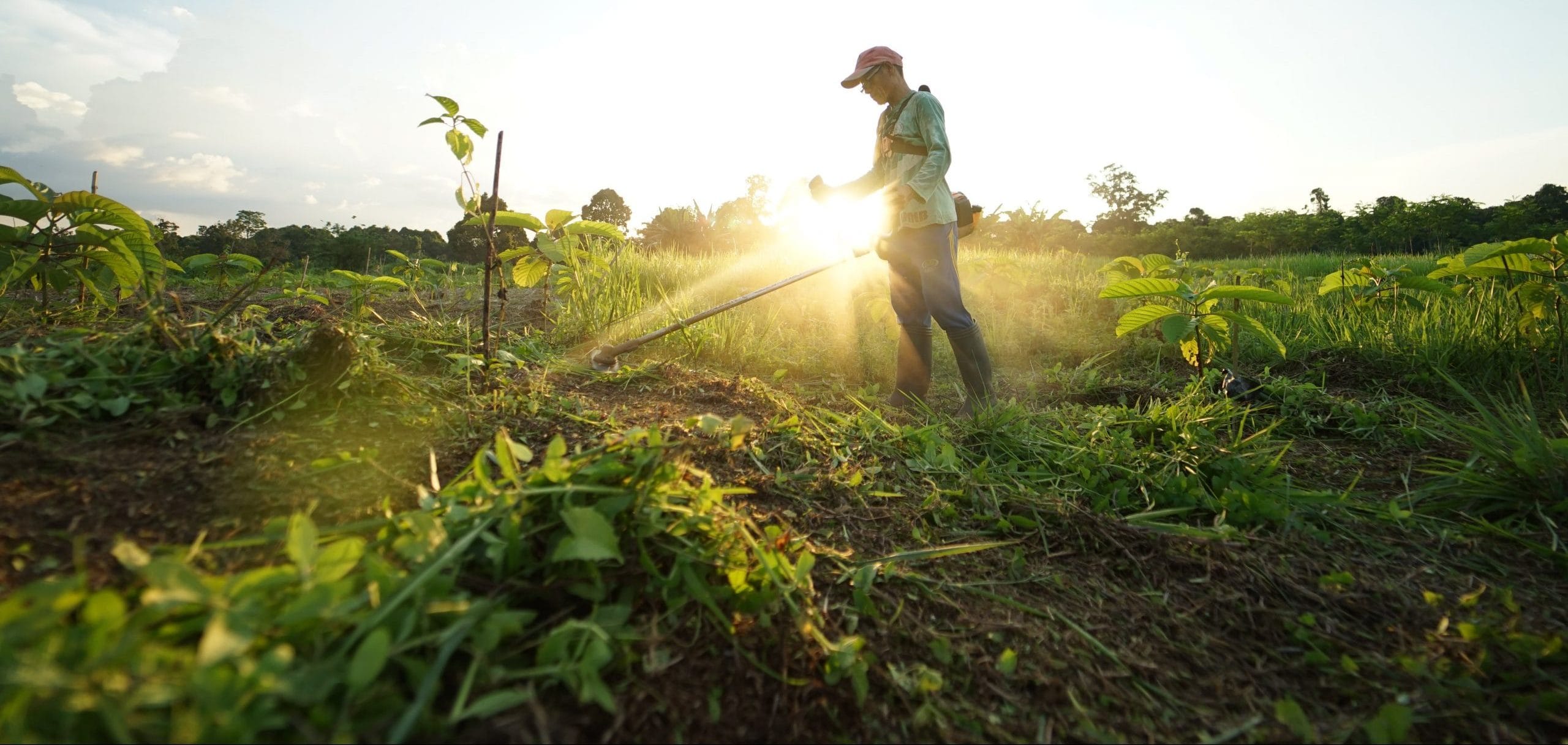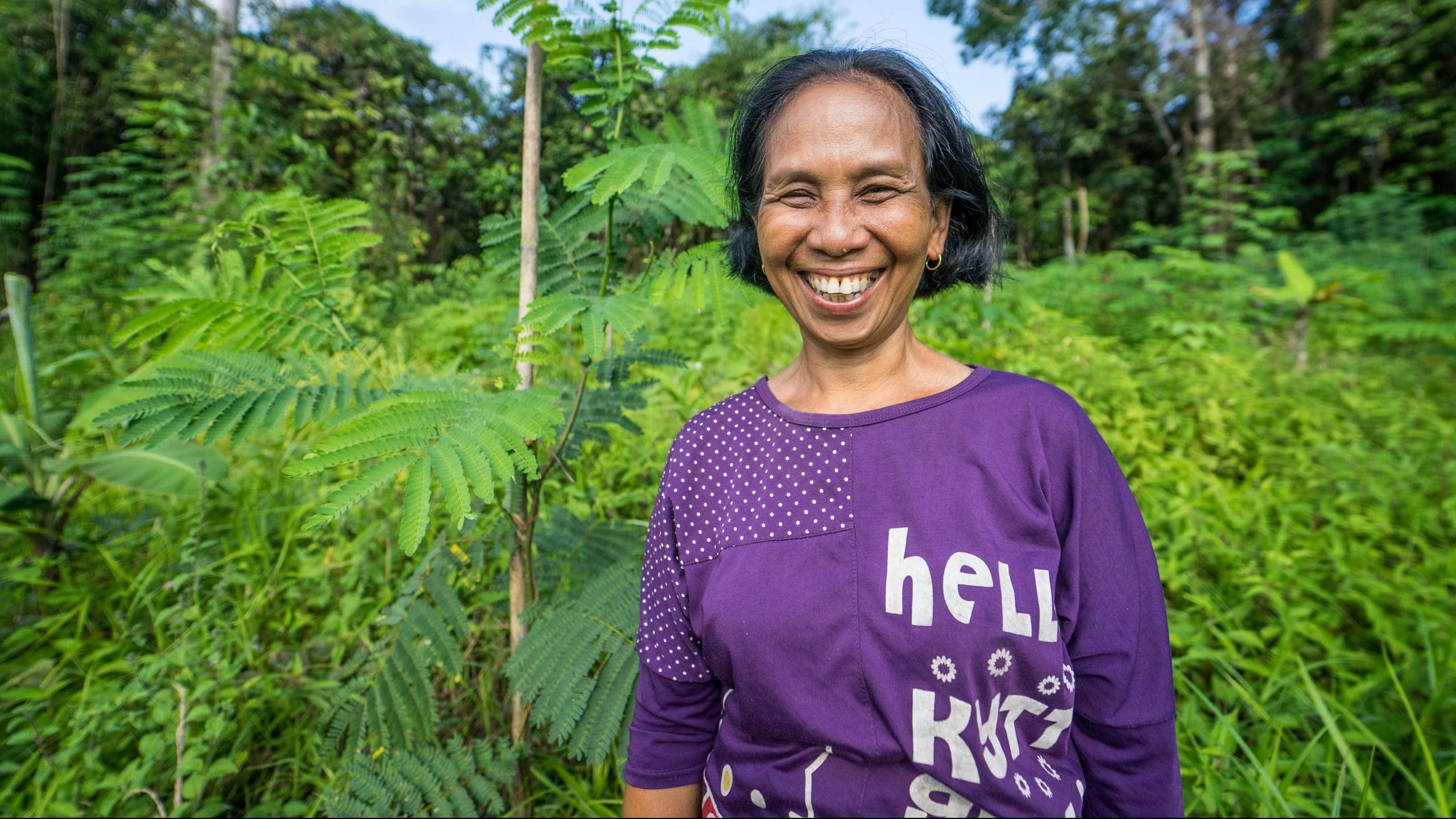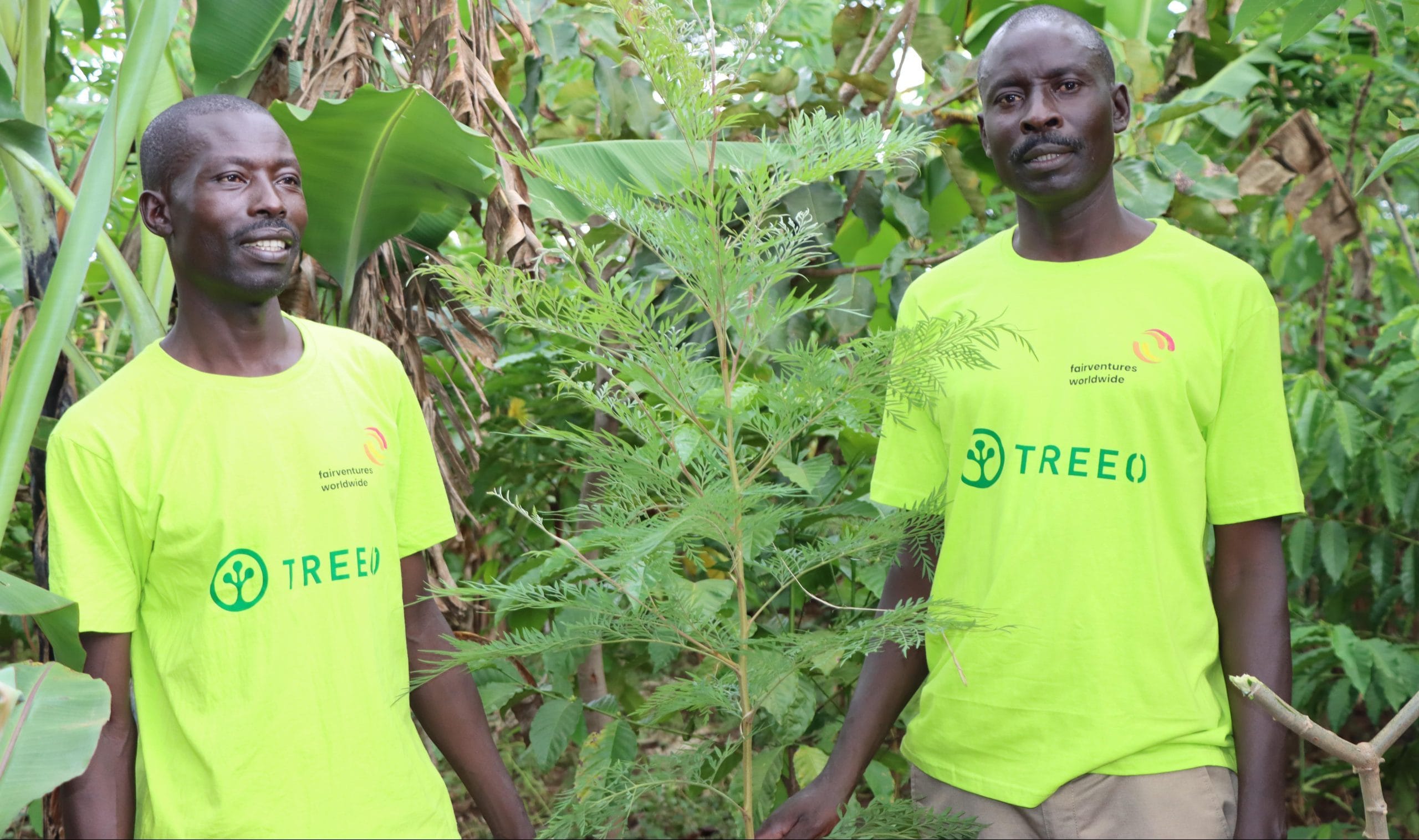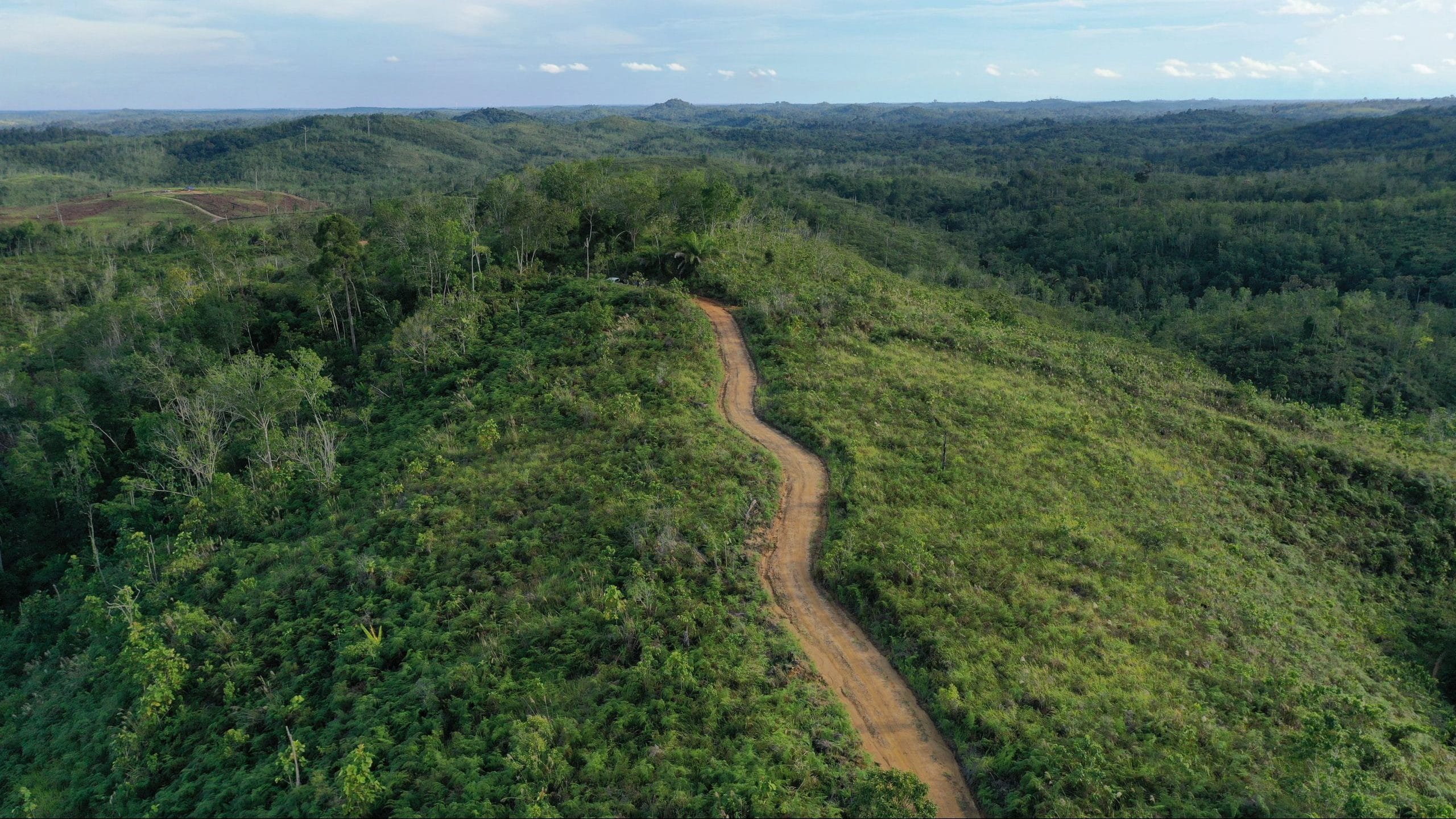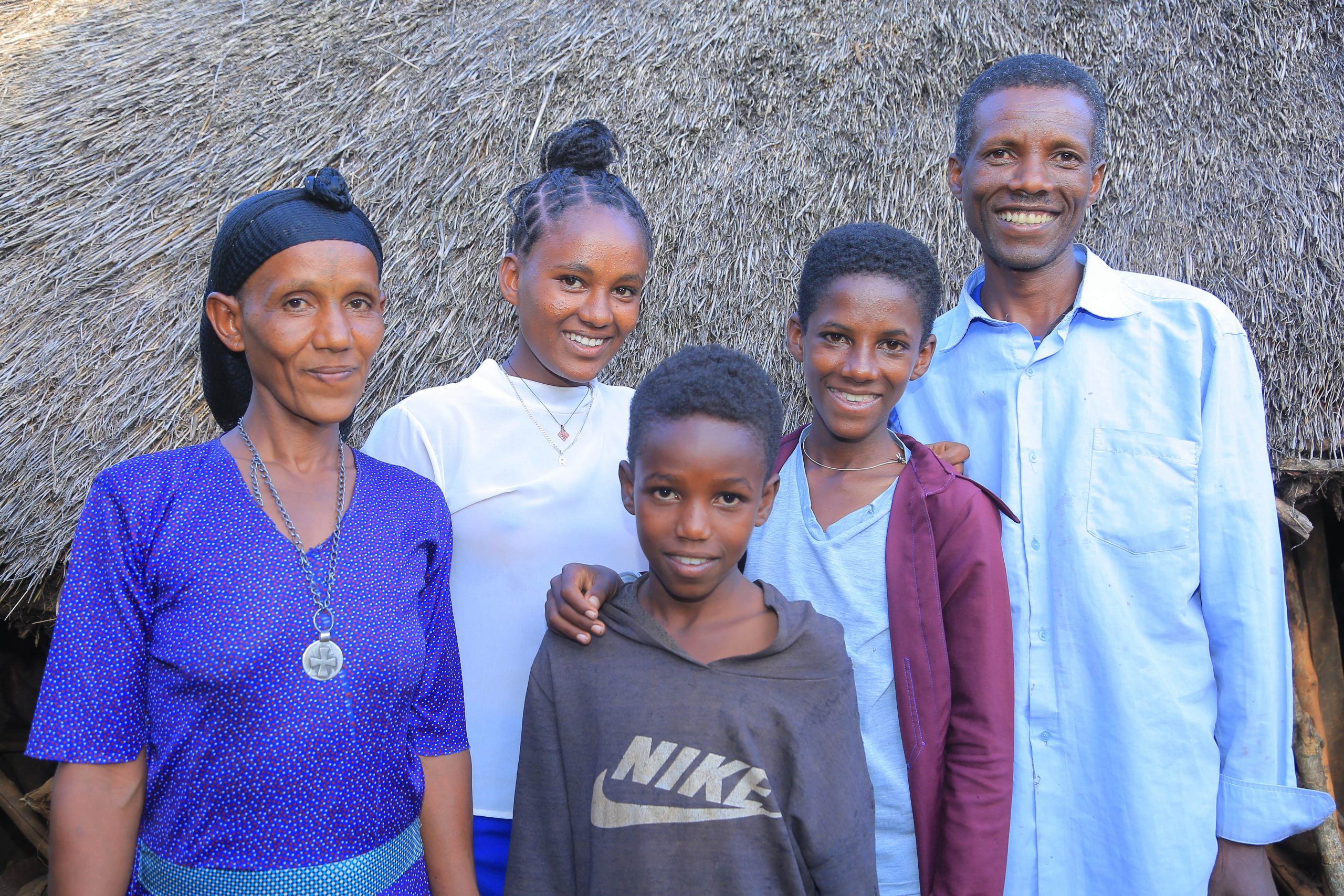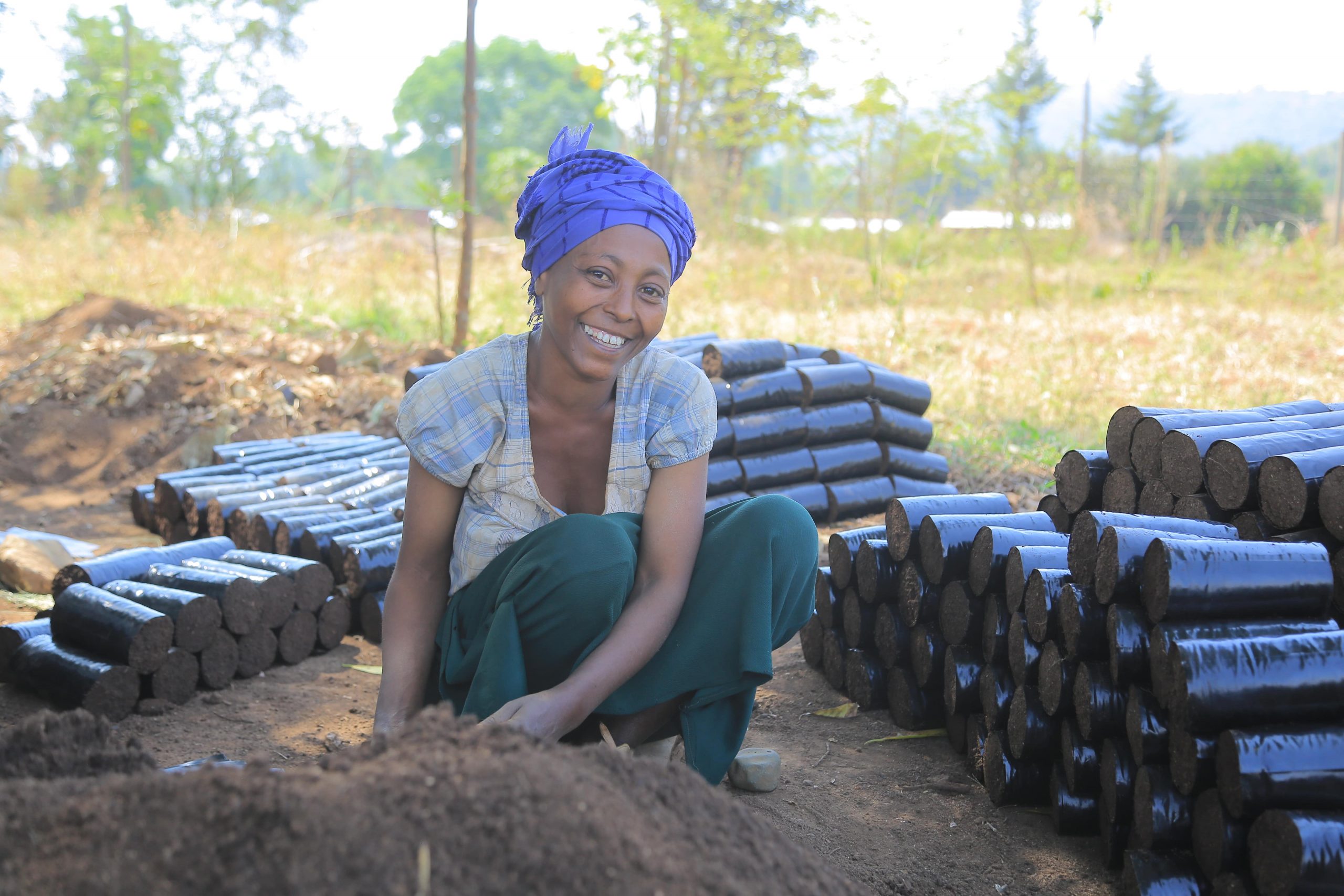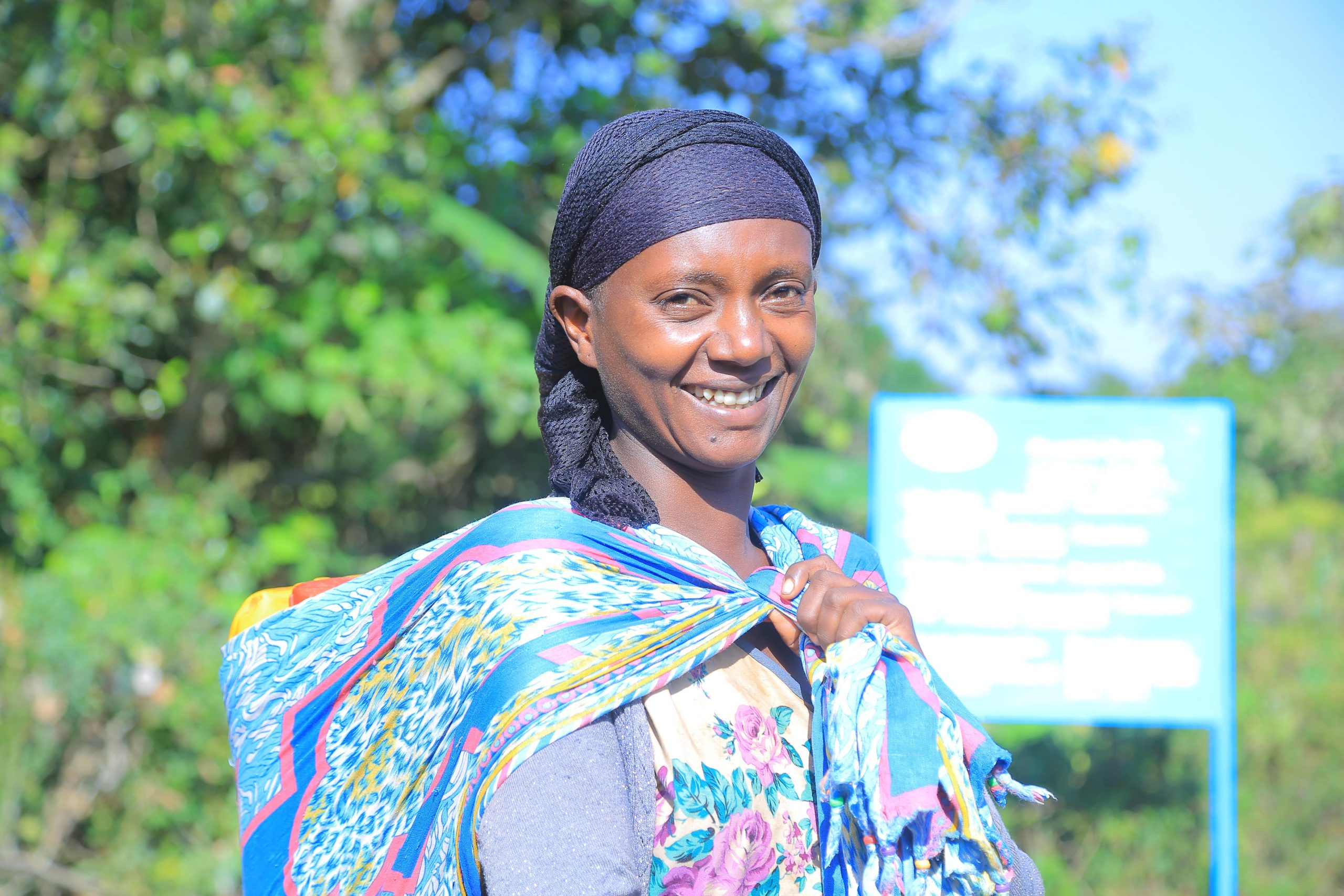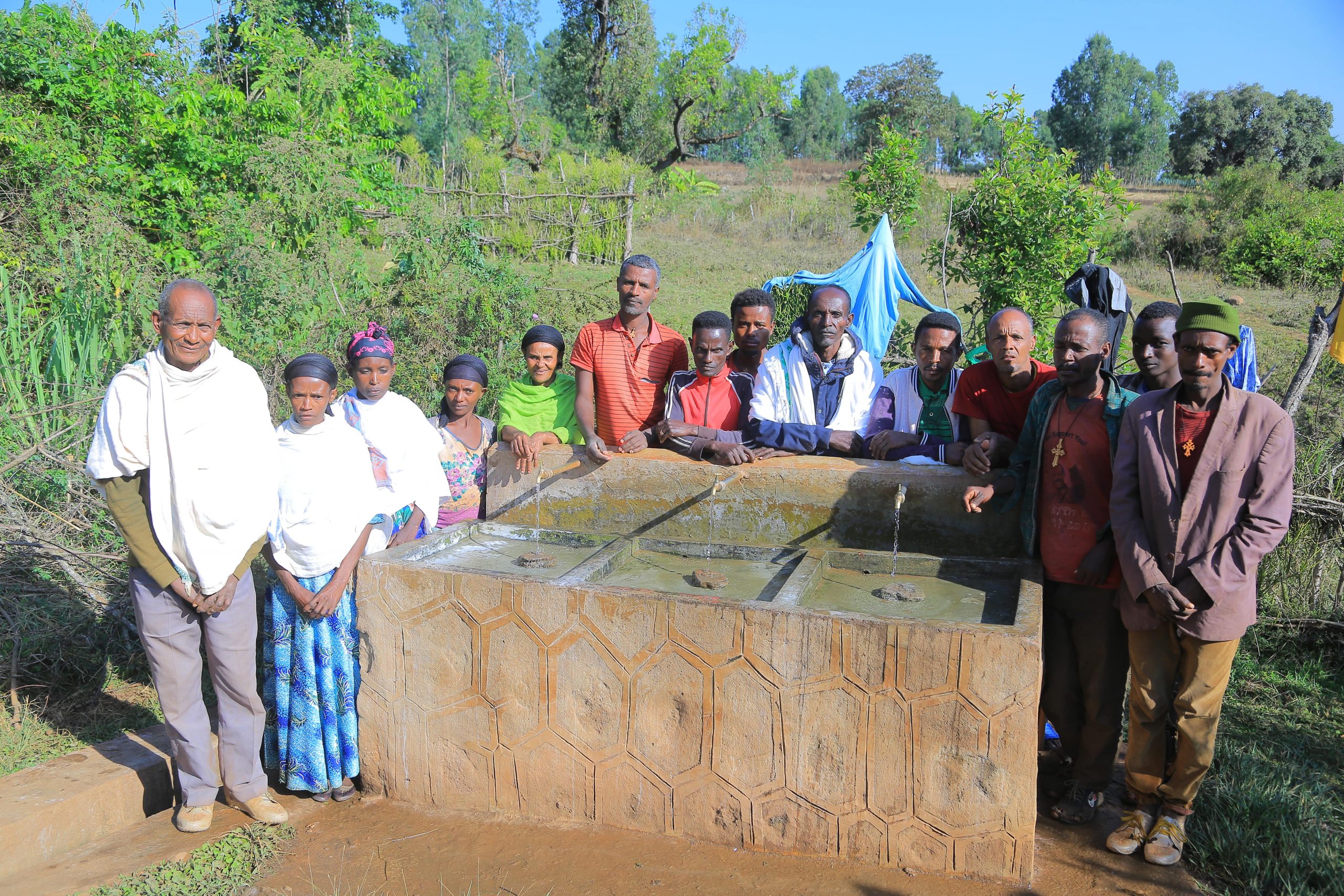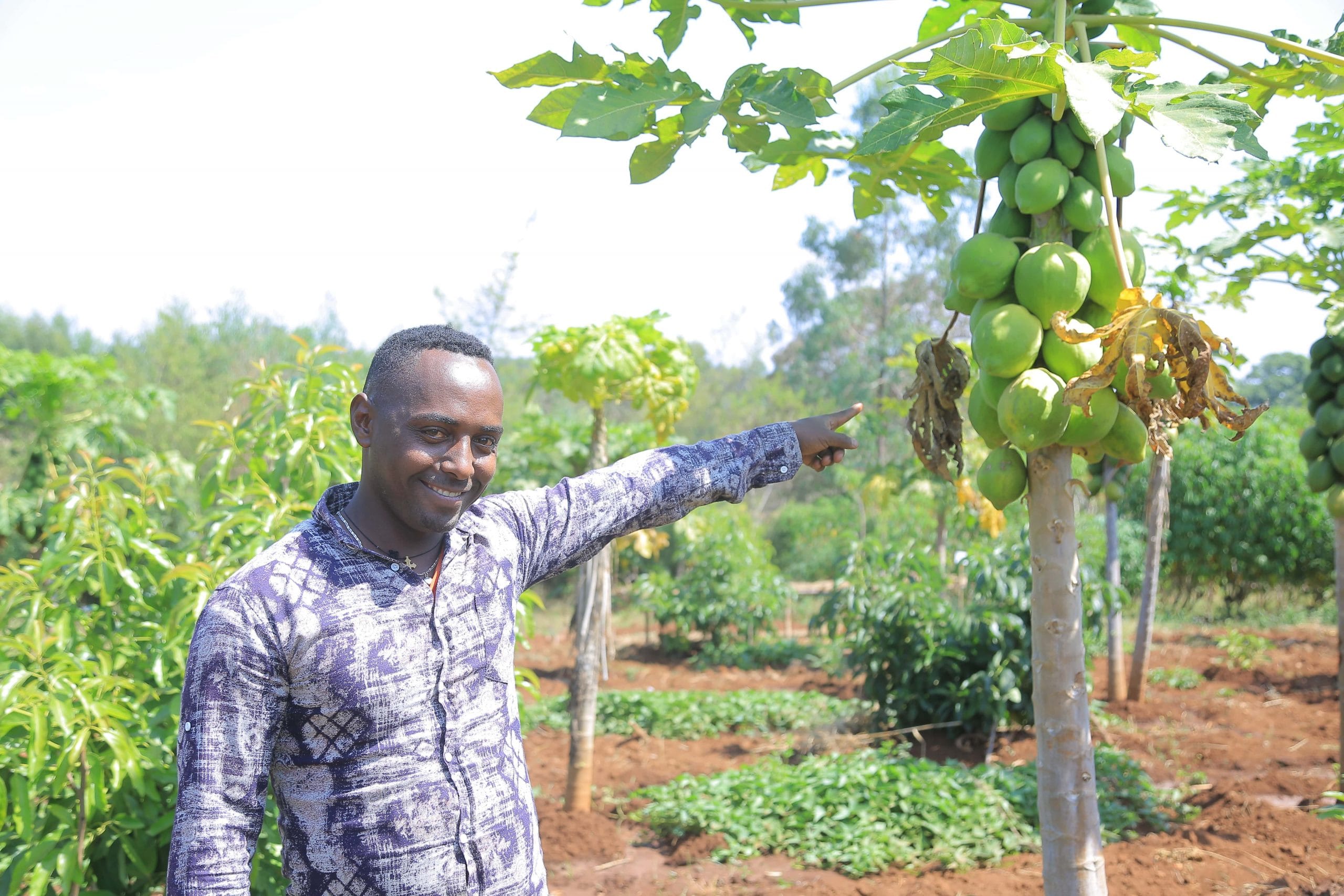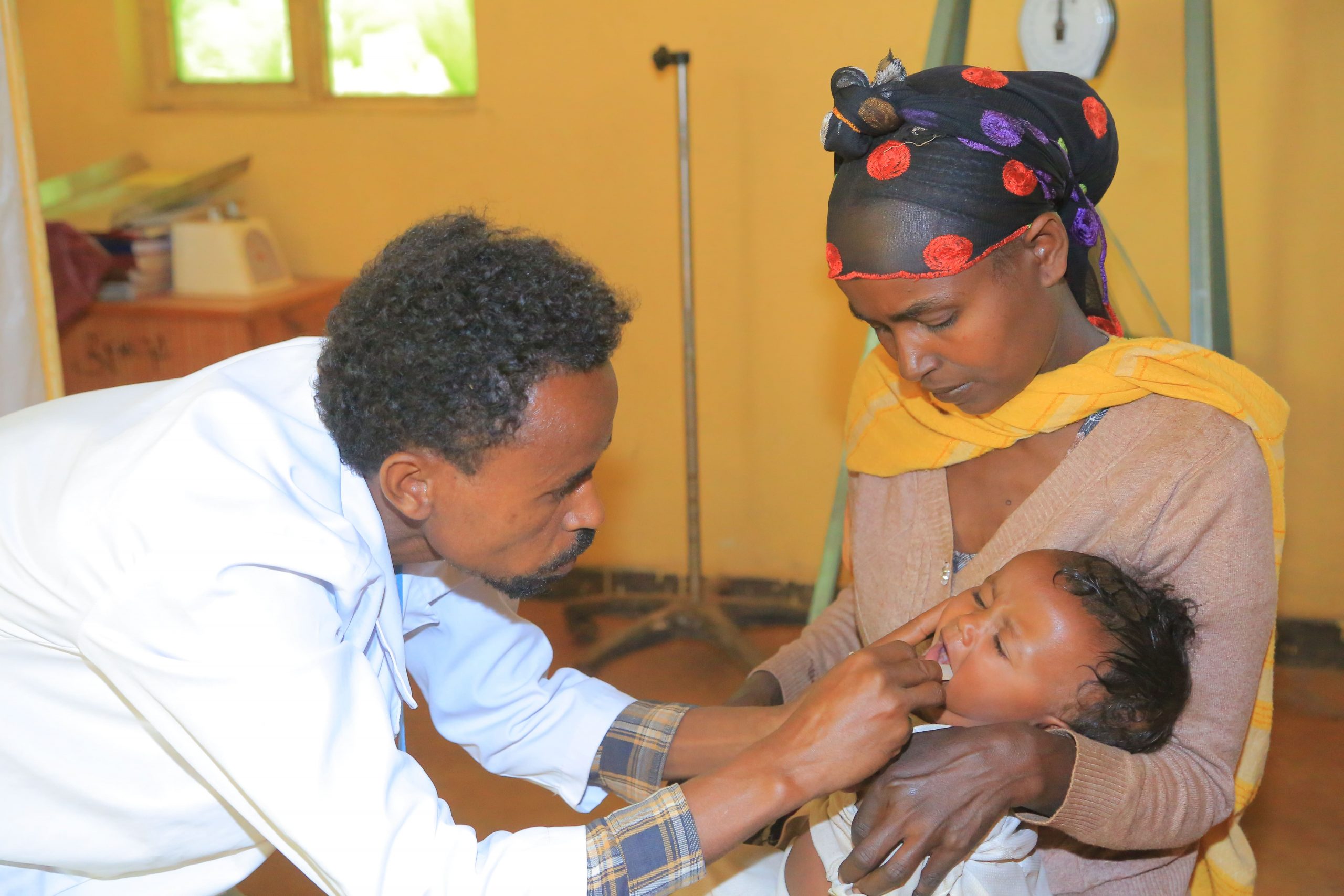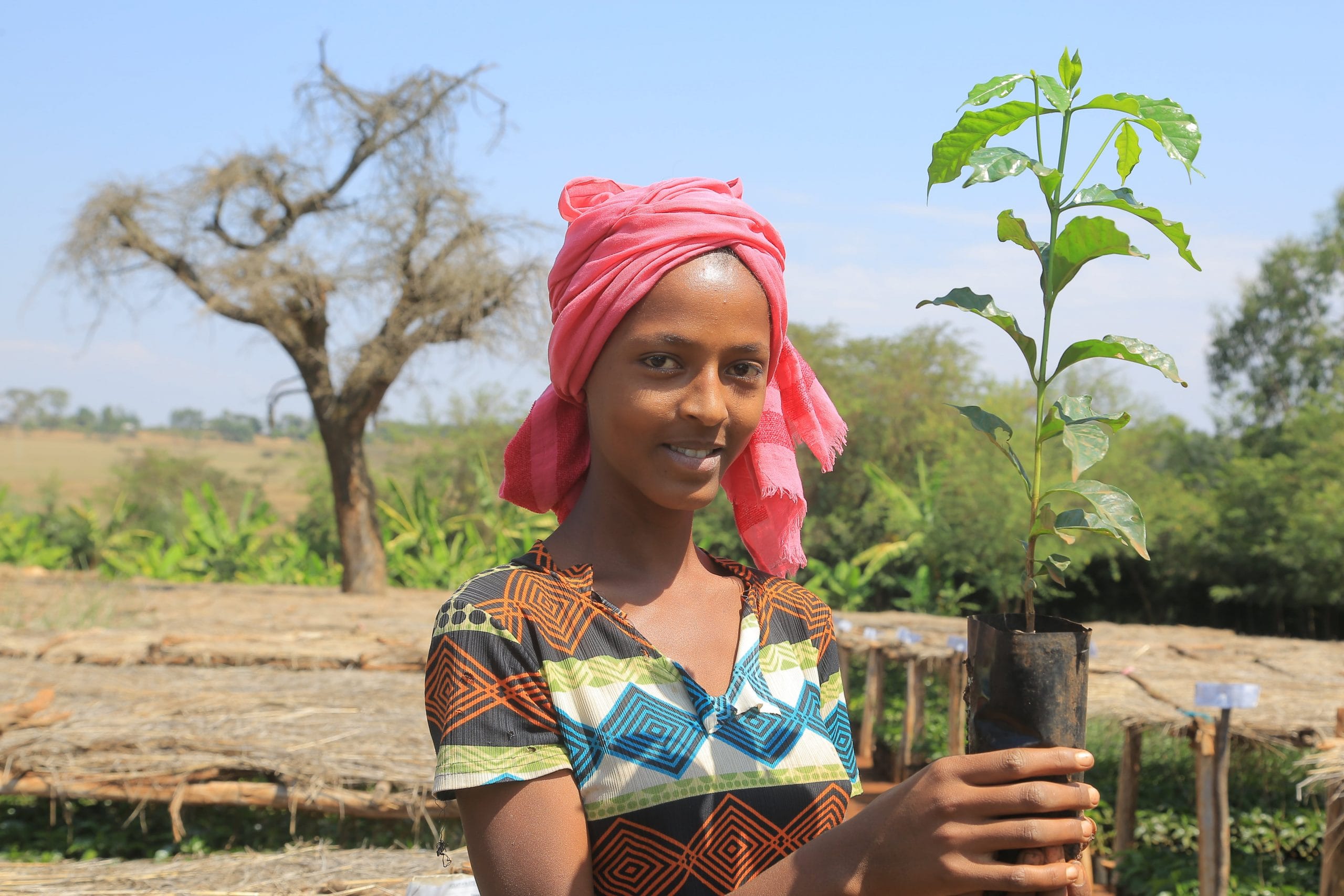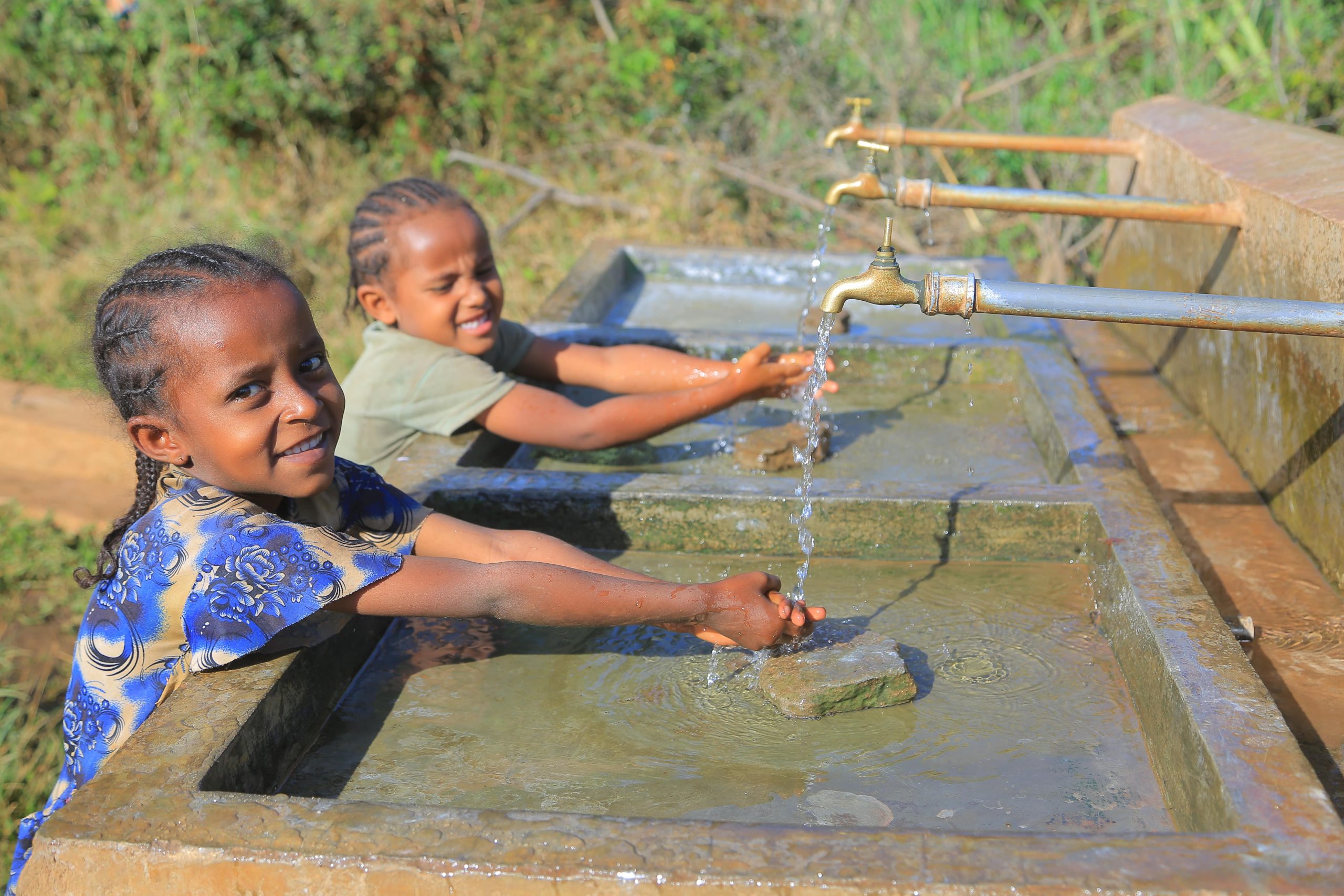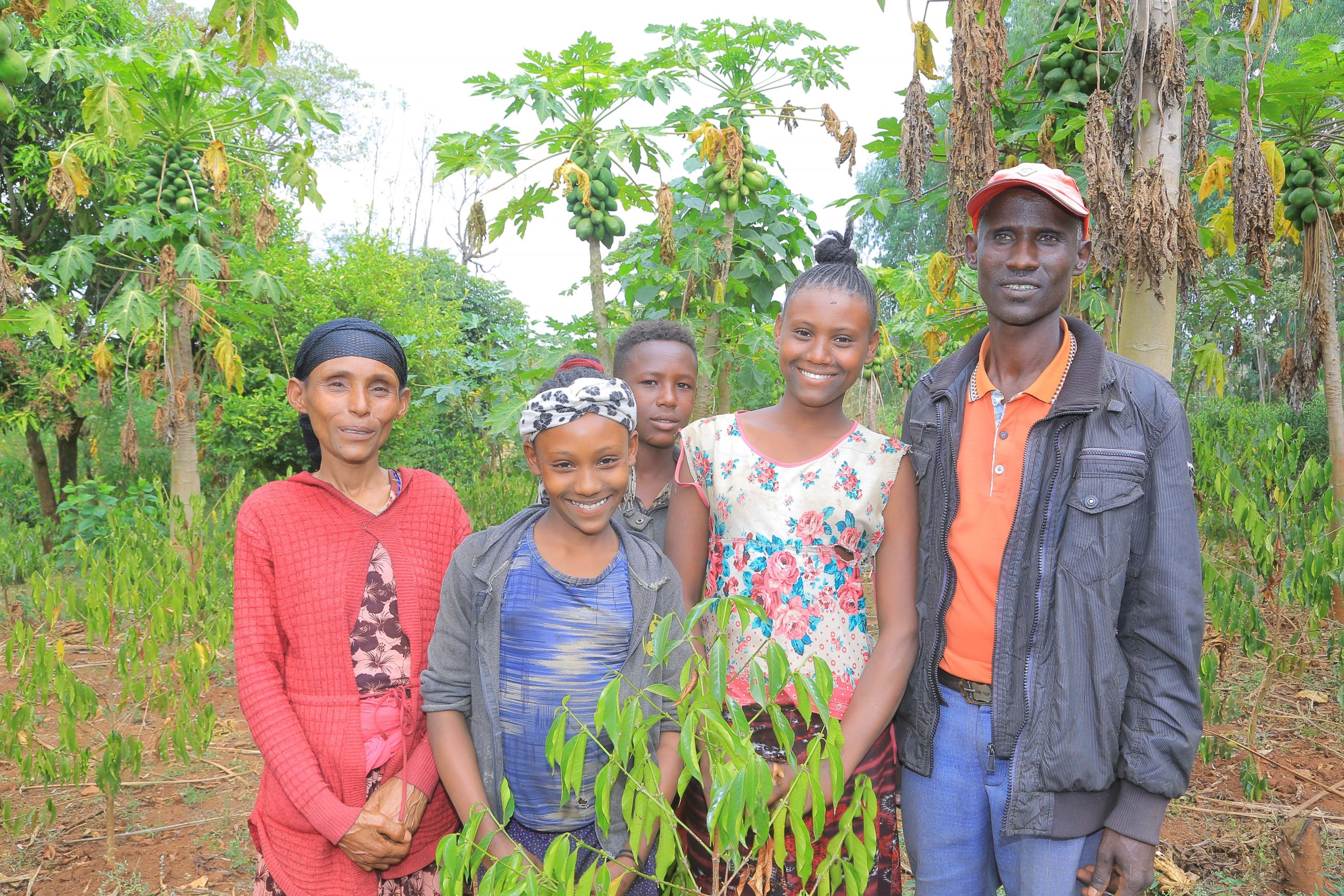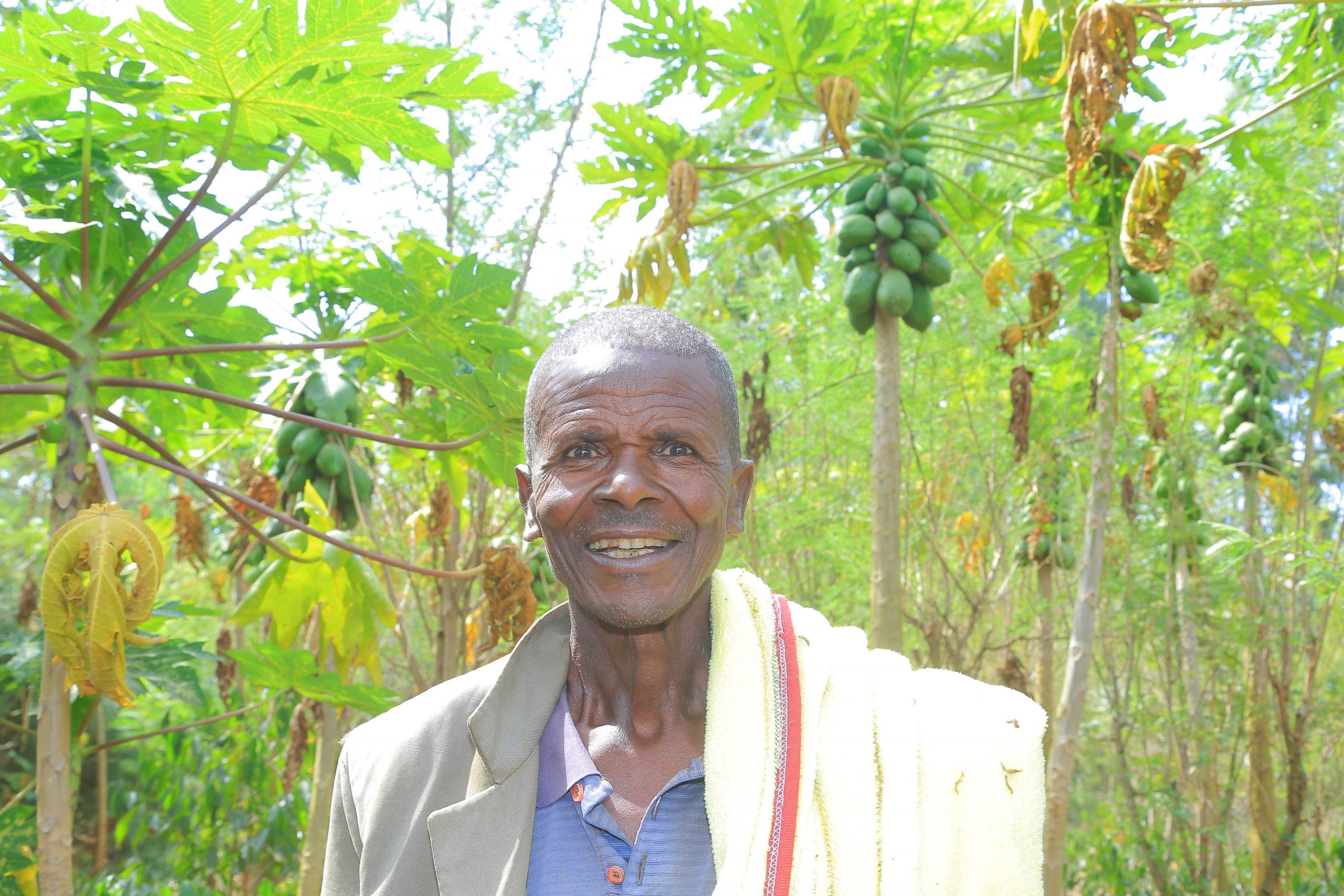Background
For thousands of years, Amazigh communities of the High Atlas mountains have cultivated the surrounding land, shaping it into a unique cultural landscape through their farming practices and customs. Traditional practices such as wild harvesting of plant resources, cultivation in terraced agroecosystems and the Agdal system of transhumant grazing mould this specific cultural landscape which, at the same time, contributes to biodiversity conservation and provides livelihoods for thousands of households.
The primary threat to maintaining this cultural landscape and its diverse production systems is rural exodus coupled with interrelated threats of climate change and biodiversity loss. With limited opportunities for acquiring business skills or gaining meaningful employment, women and youth in particular are migrating to urban areas. This leads to the abandonment of land and traditional practices, resulting in degradation of the regional cultural landscape and the biodiversity it harbors. The critical need at this juncture is to provide ways for High Atlas community members to develop revenue streams and other livelihood benefits that are compatible with managing their cultural landscape for both conservation and production ends.
Women-led cooperatives develop and market innovative products
Recent changes in Moroccan national law have enabled women in particular to create socio-economic associations in rural areas that spearhead remunerative productive activities linked to the regeneration of cultural landscapes. Currently, a diverse range of cooperatives that produce aromatic herbs, cheese, couscous, crafts, edible oils, natural cosmetics, nuts and many other goods in environmentally sustainable ways dot the High Atlas landscape.
Based on this, our project partners support the cooperatives in developing innovative products and services with added value, in implementing regenerative practices and in acquiring sound entrepreneurial skills. In addition, the cooperatives receive training in digital marketing and are supported in the certification and distribution of their products through the establishment of their own “High Atlas Harvest” label.
“Aswik” is one of the cooperatives participating in the program. A producer of High Atlas walnuts, the cooperative is marketing a variety of products including in-the-shell nuts, walnut halves and oil. Walnut pieces, a by-product of processing, are not optimally used or valued. Aswik is experimenting with the production and marketing of energy bars made from these pieces.
Taghia Cooperative is planning to create an ecotourism project for consumers who want to
explore the beautiful community and environment of Zaouiat Ahansal, learn about saffron,
spend the day planting saffron bulbs and witnessing its processing and packaging. The visitors can taste local products from the cooperative and the region, including saffron tea.
The partnership with the knodel foundation enables to scale-up the program to 200 cooperatives between Imilchil and Agadir, an area of 30000 km². Through sustainable production and innovative marketing of products and services, fair incomes are generated for up to 5000 households and the cultural landscape of the High Atlas with its vast biodiversity is preserved.
Background
Did you know that about 30 soccer fields of rainforest are lost every minute? The main reasons are the large-scale cultivation of palm oil and soy as well as livestock farming. But an unfair land distribution and poverty are also forcing smallholder farmers deeper into the rainforests of Uganda and Indonesia. Since the soils under the rainforest contain few nutrients, they can only be cultivated for a few years, after which new land is needed – and more forest is destroyed. Smallholders experience the direct consequences of deforestation such as flooding, drought and dwindling access to firewood and edible wild plants firsthand, but until now they have had few alternatives. Fairventures Worldwide offers them an ecologically, socially and also economically sustainable solution which benefits everyone.
Reforestation and sustainable timber production in Indonesia and Uganda
Fairventures supports smallholders with reforestation of degraded lands and distributes seedlings from its own nurseries to them. This enables smallholders to revive deforested areas and produce wood and food for self-sufficiency and sale, thereby creating a sustainable source of income.
In Indonesia and Uganda, Fairventures focuses on fruit trees and fast-growing native species that are in demand by the wood processing industry. The selected lightwoods grow reliably even in poor soils, are ready for harvesting within seven to ten years and are suitable for agroforestry, an integrated approach to the production of trees and of non-tree crops or animals on the same piece of land. Among other varieties, cocoa, vegetables and nuts are grown by the smallholders.
In order to provide smallholders farmers with the right incentives to plant trees, take care of them and replant them after the harvest, sales at attractive prices must be secured. Therefore, Fairventures works with the wood processing industry, universities, architects and engineers to develop new products and expand the use of the promoted timber species locally. In addition, Fairventures demonstrates the potential of modern timber construction with innovative buildings.
The partnership with knodel foundation enables Fairventures Worldwide to support even more smallholder farmers in creating sustainable livelihoods through the planting of trees, as well as to expand its collaboration with the local wood processing industry.
Background
As in all rural regions of Ethiopia, the majority of the local population in the Nono Benja district lives from agriculture and livestock farming. But as knowledge of new cultivation methods and alternative crops is lacking, yields are meager. The animals graze on open land and in many places take away the last bit of protection from the soil. At the same time, the wood needed for cooking and building is felled, but the land is not reforested. In addition, there is a lack of basic infrastructure for health and hygiene.
This shows why rural, structurally disadvantaged areas such as Nono Benja need a holistic approach in which various aspects are considered together in order to create viable and sustainable prospects for hitherto left behind communities. This is where MfM’s work comes in.
Laying the foundations for a self-determined life
In order to fundamentally improve the living conditions of the local population, the measures implemented by MfM include a combination of sustainable agriculture, water supply & sanitation, health, education and income-generating initiatives.
Concrete activities include the construction and maintenance of water supply systems at central and easily accessible locations, the introduction of farmers to higher-yielding and at the same time environmentally friendly cultivation methods, and the development of a basic health infrastructure through the operation of several small clinics and the training of nursing staff. This gives the local population access to basic medical care for the first time, as the nearest hospital is over two hours away by car.
To restore the local ecosystem, create new income opportunities as well as to contribute to food security, smallholder farmers are being introduced to agroforestry. This is a farming method that effectively combines the planting of fruit trees and vegetables, and is entirely free of chemical pesticides and fertilizers. On once barren land, shade trees now grow in the fields along with a variety of shrubs and vegetables.
The focus is on the cultivation of coffee, papayas and avocados, among others, whose seeds are distributed free of charge by MfM. These plants only have to be cultivated once and after a while they regularly produce fruit without having to be resown every year. This diversifies the livelihoods of the farmers and ensures the fertility of the soil in the long term. Moreover, it addresses the anticipated effects of climate change at an early stage.
The establishment of clean water supply systems further helps to build a sustainable infrastructure in the region and makes a tangible difference to people’s lives. In the past, women had to walk up to three hours to reach clean water points. Today, people in Nono Benja can access clean drinking water within a maximum of a 30-minute walk, which is in line with the UN standard for access to clean water.
The knodel foundation has supported MfM’s work in Ethiopia for many years. After several years of contributing to integrated rural development projects in the Wogdi region, the foundation’s current focus since the end of 2020 has been on the holistic development of the Nono Benja district, some 275 kilometers southwest of Addis Ababa.
